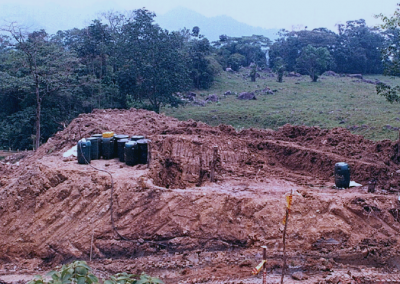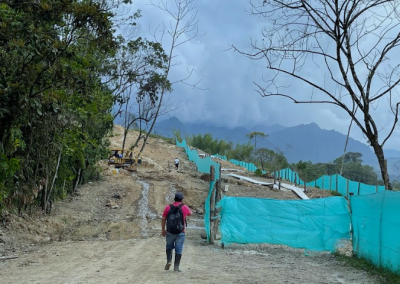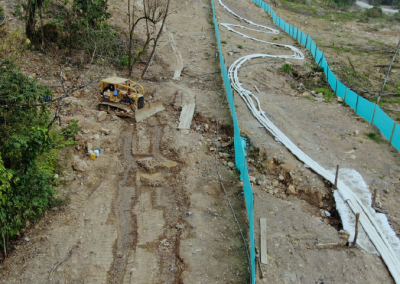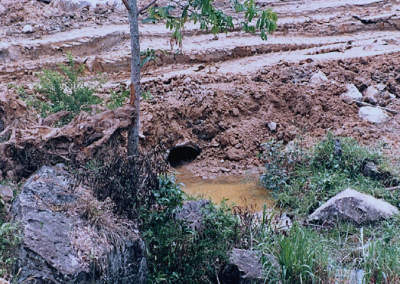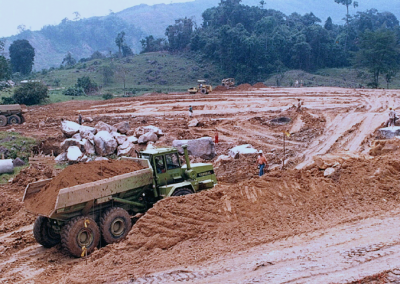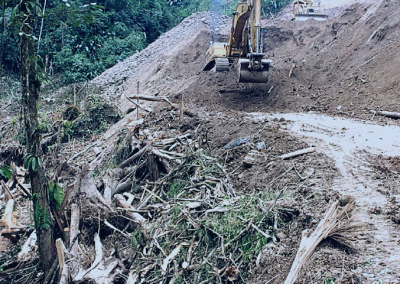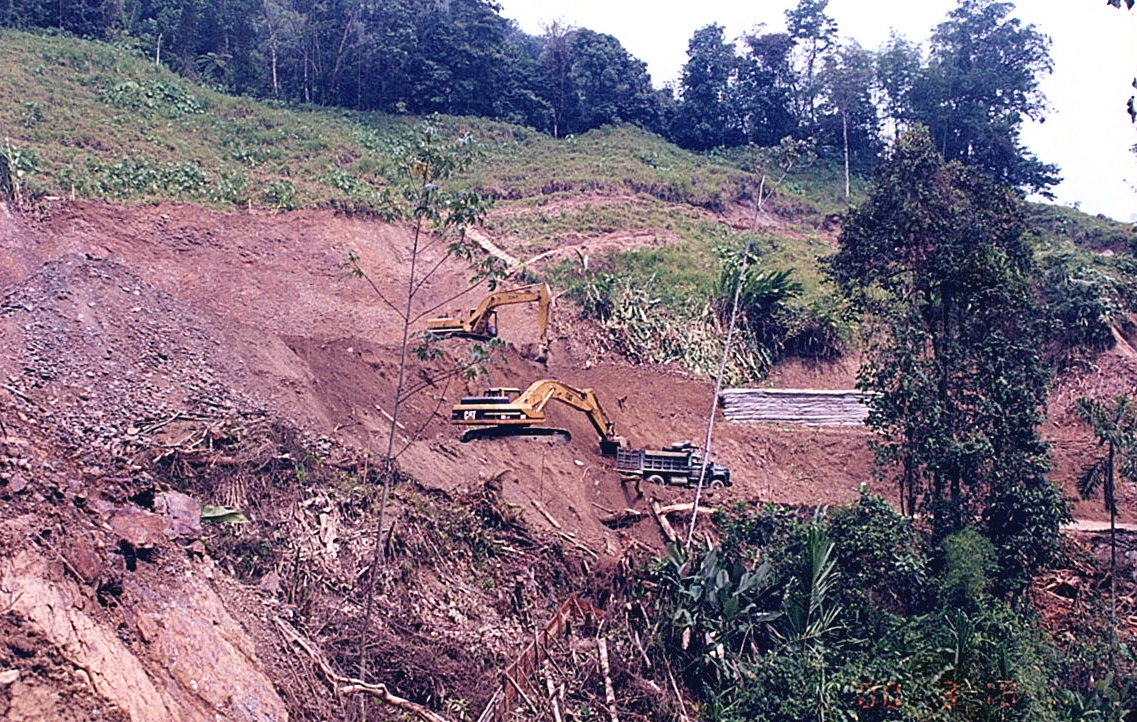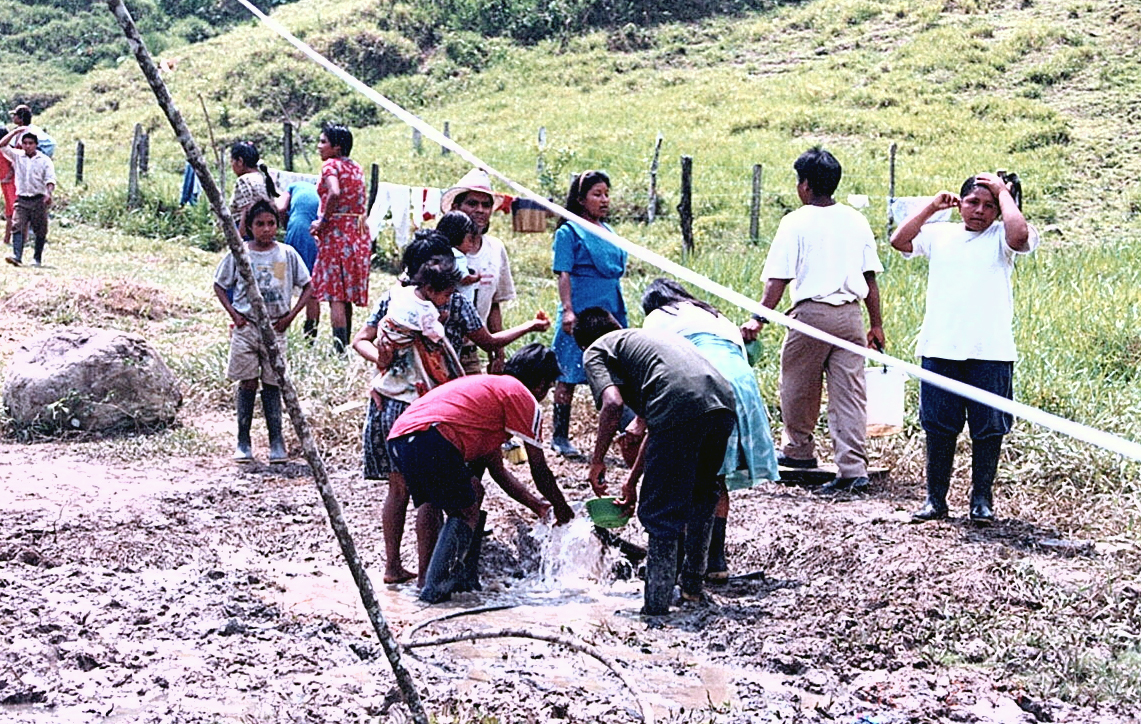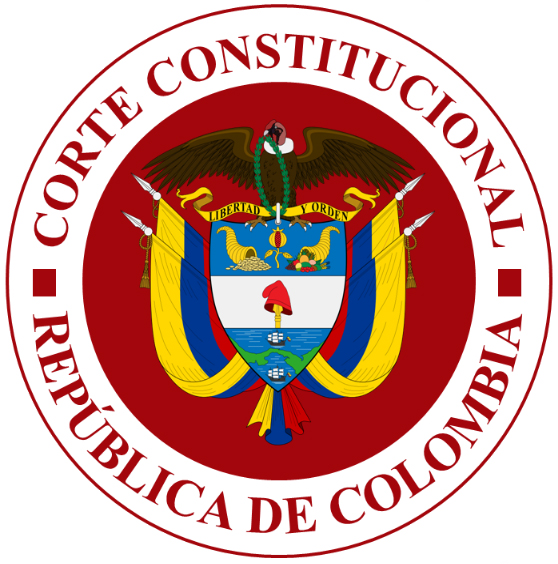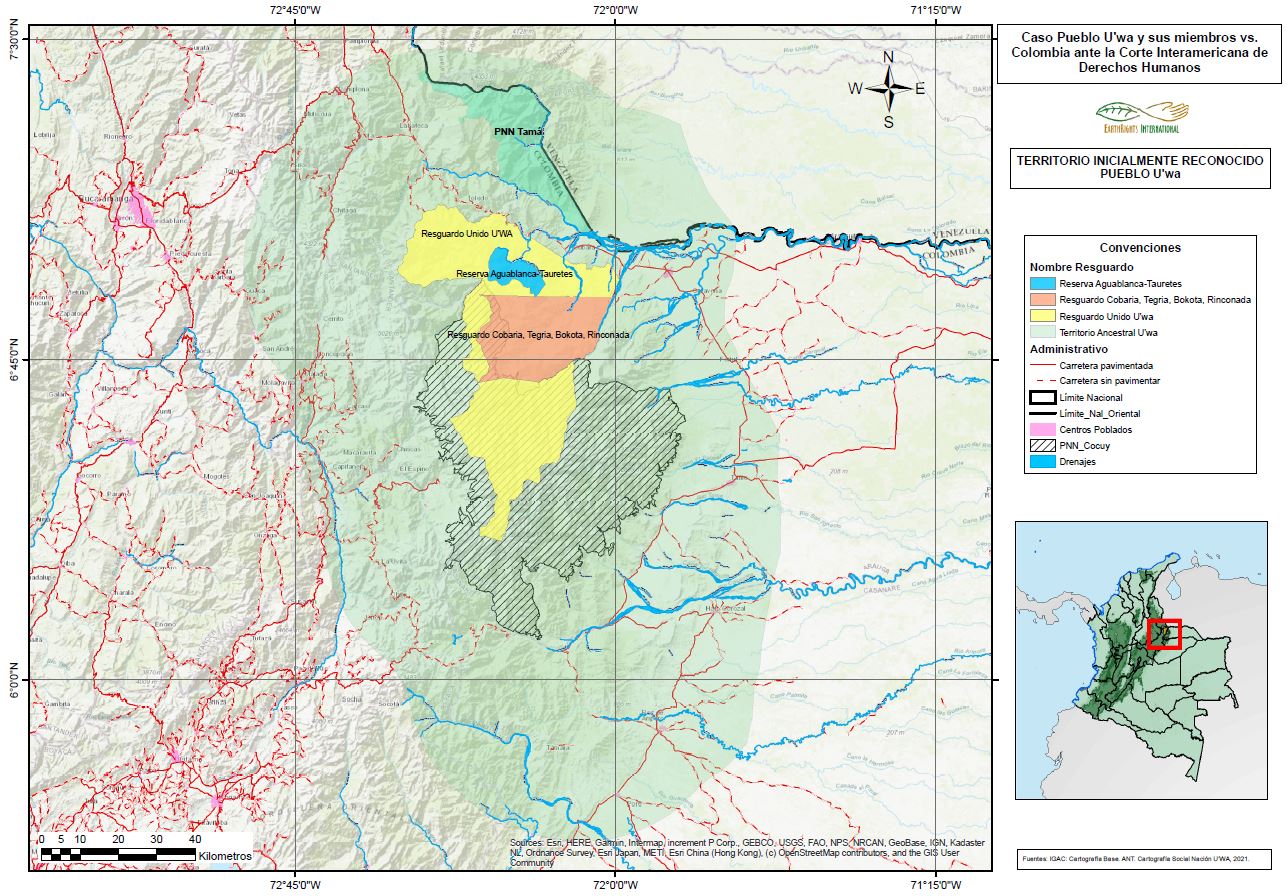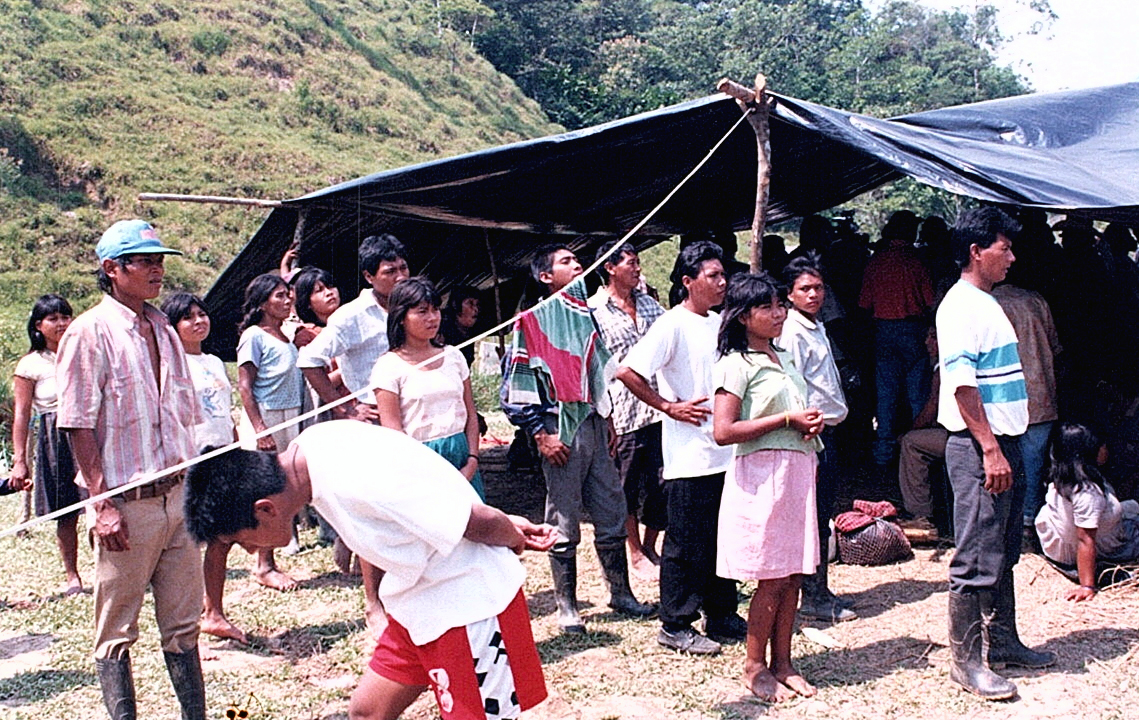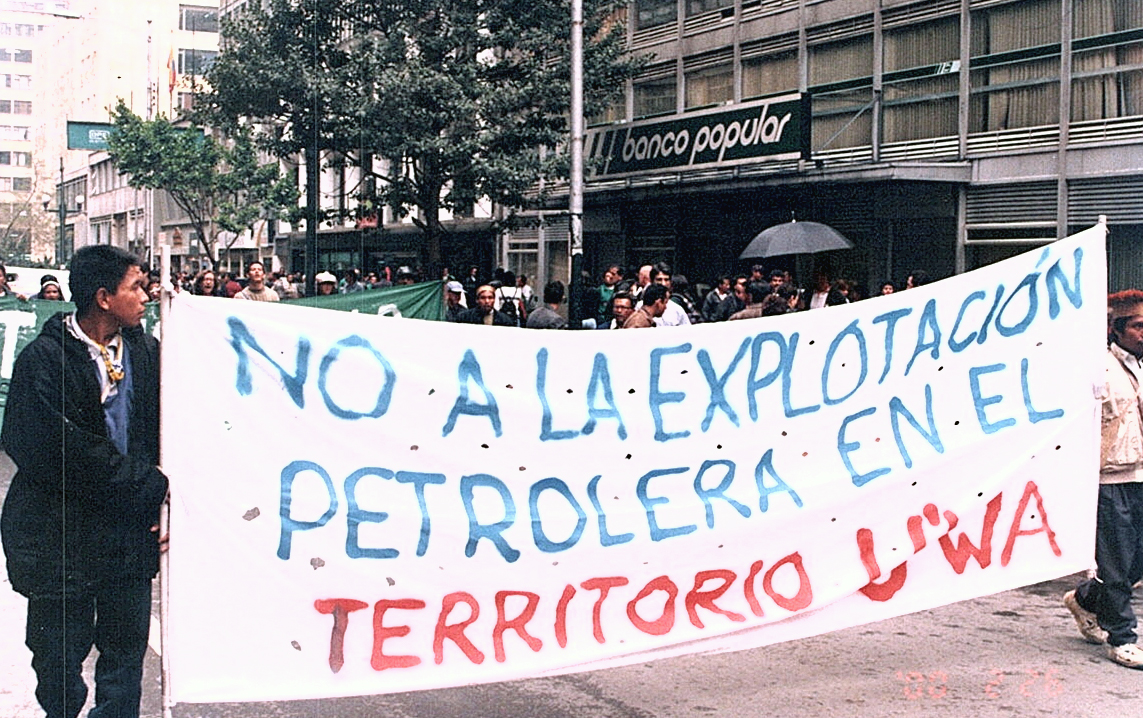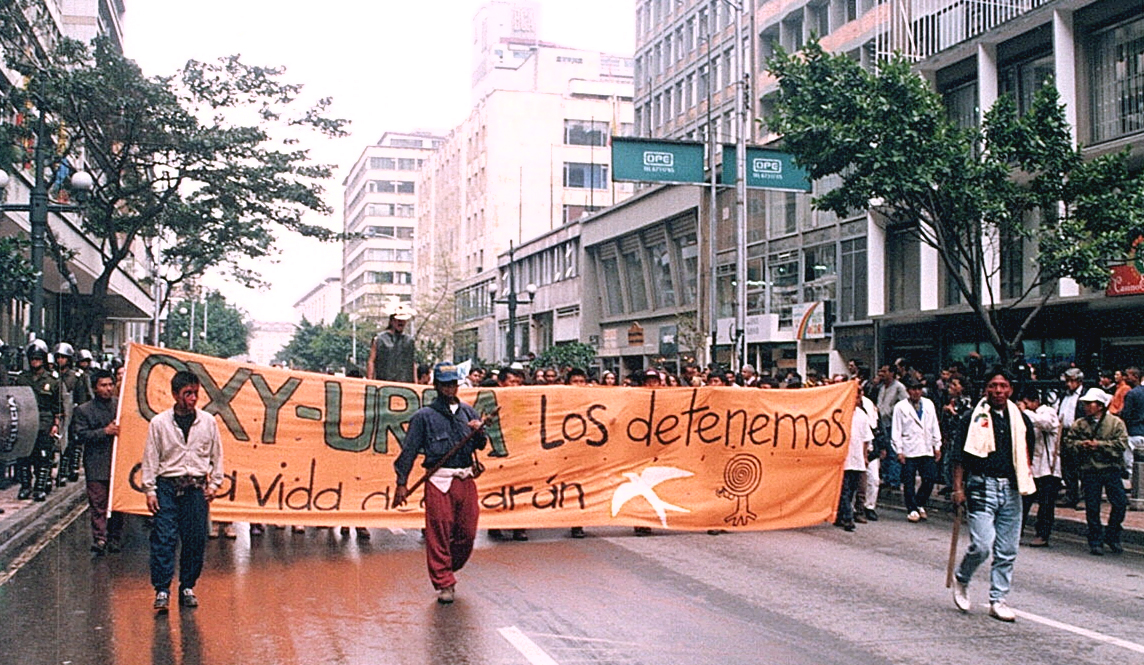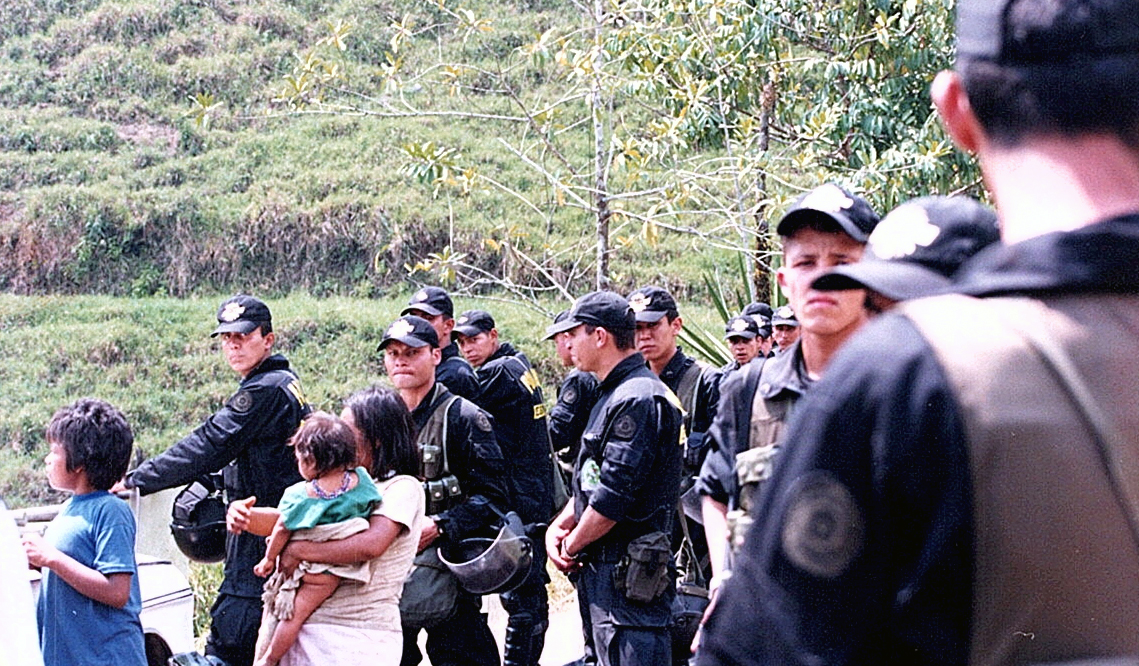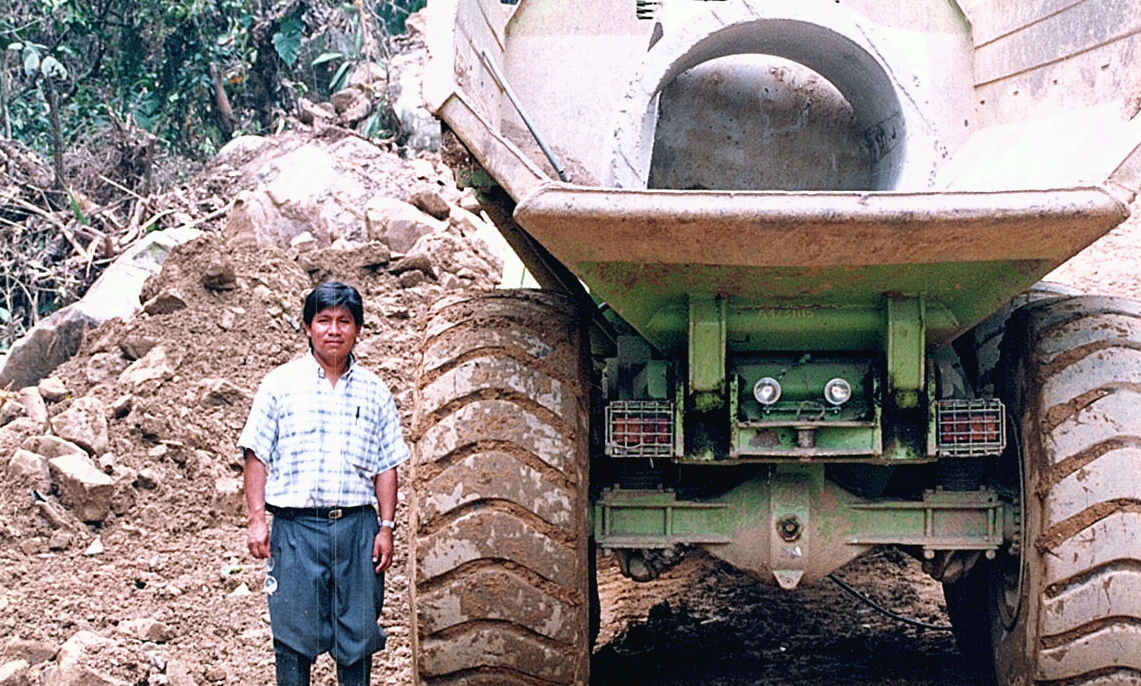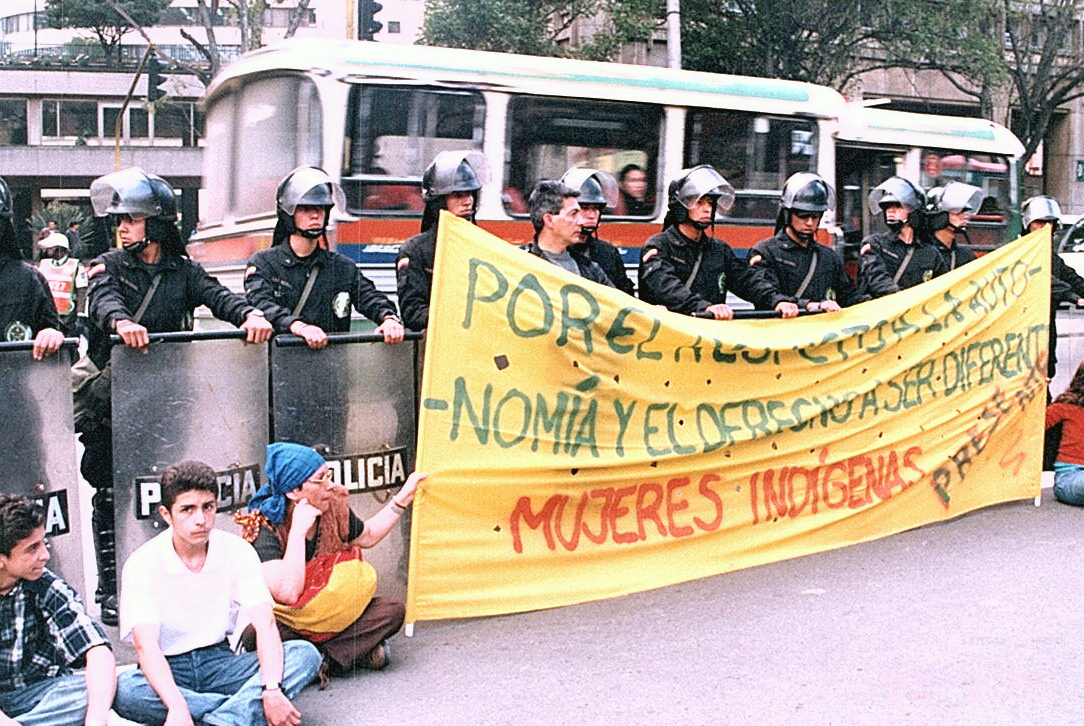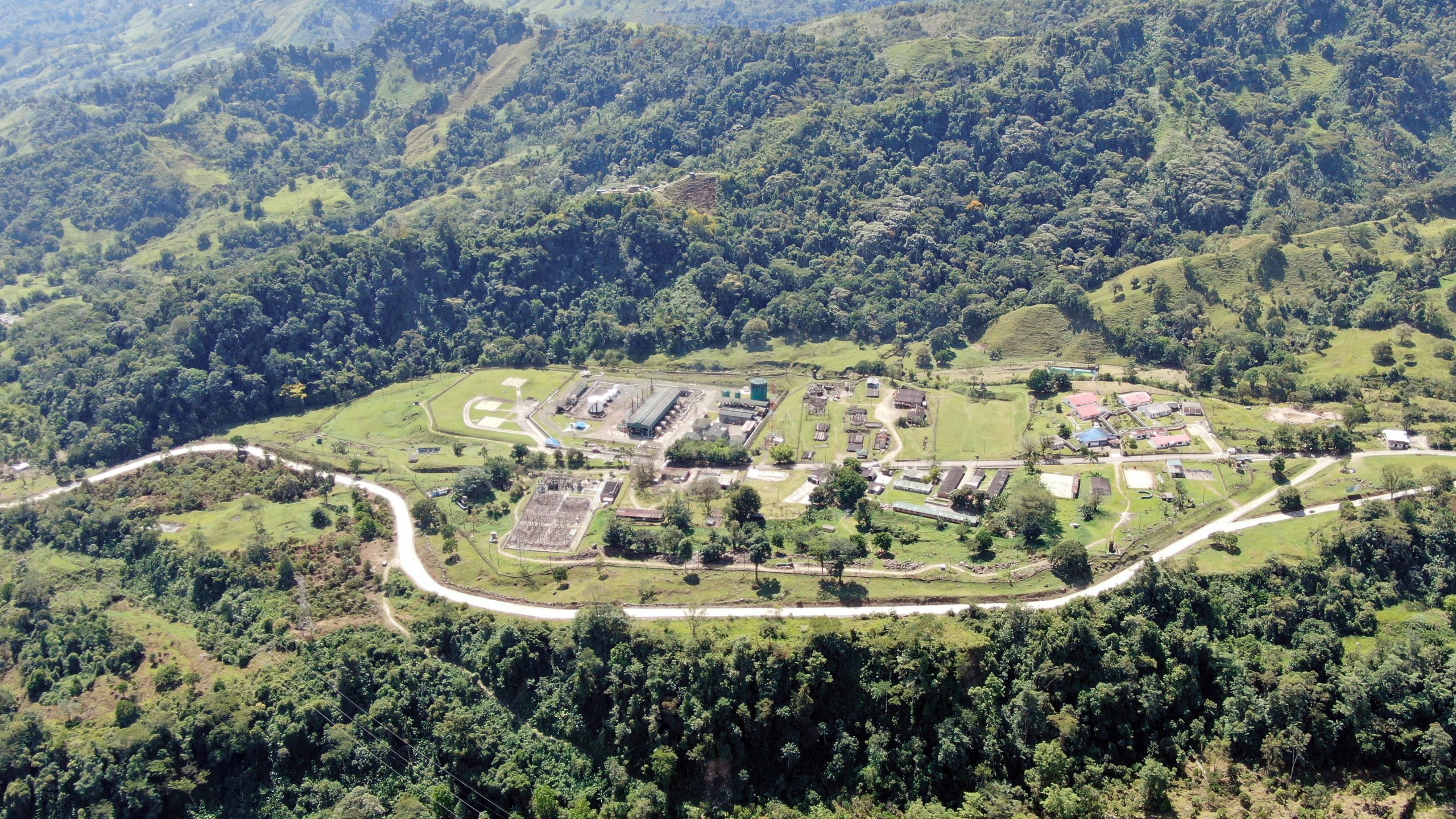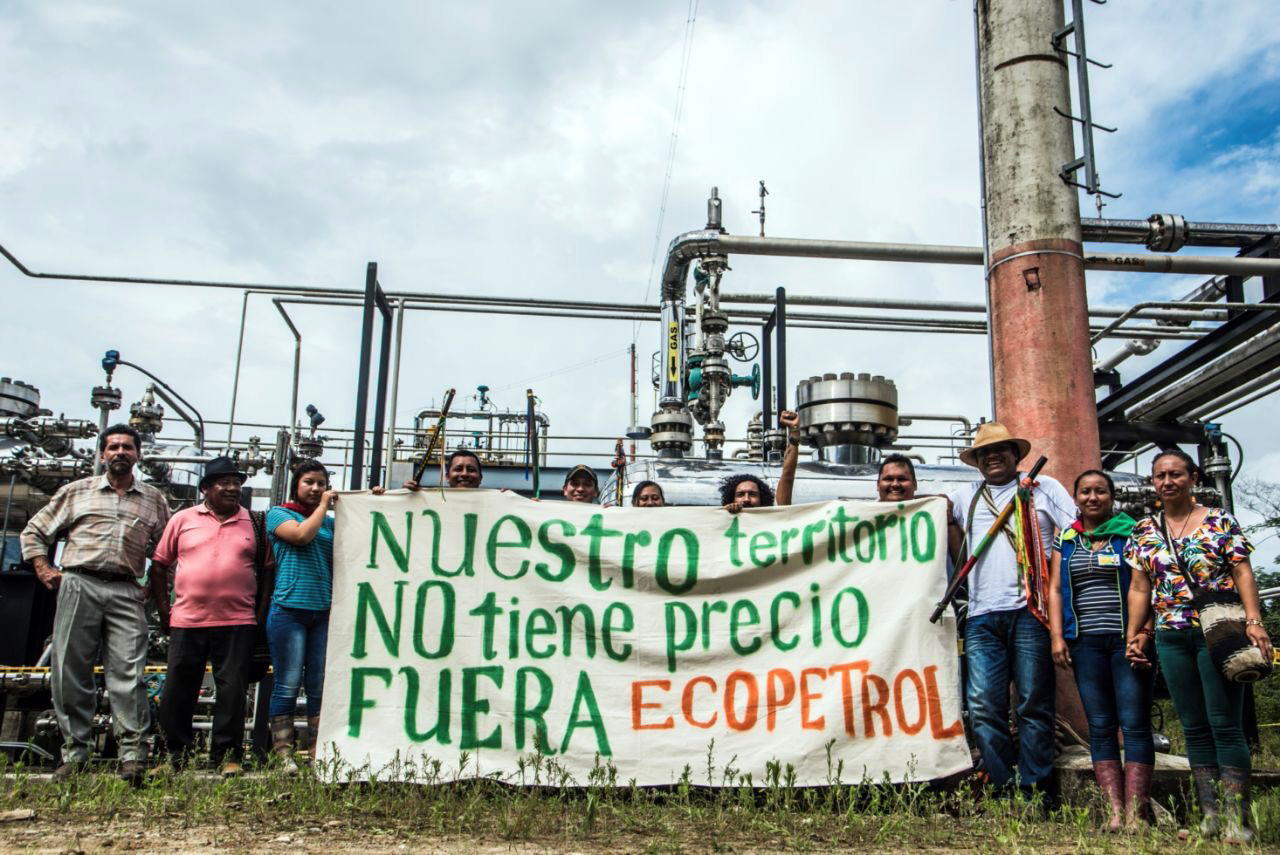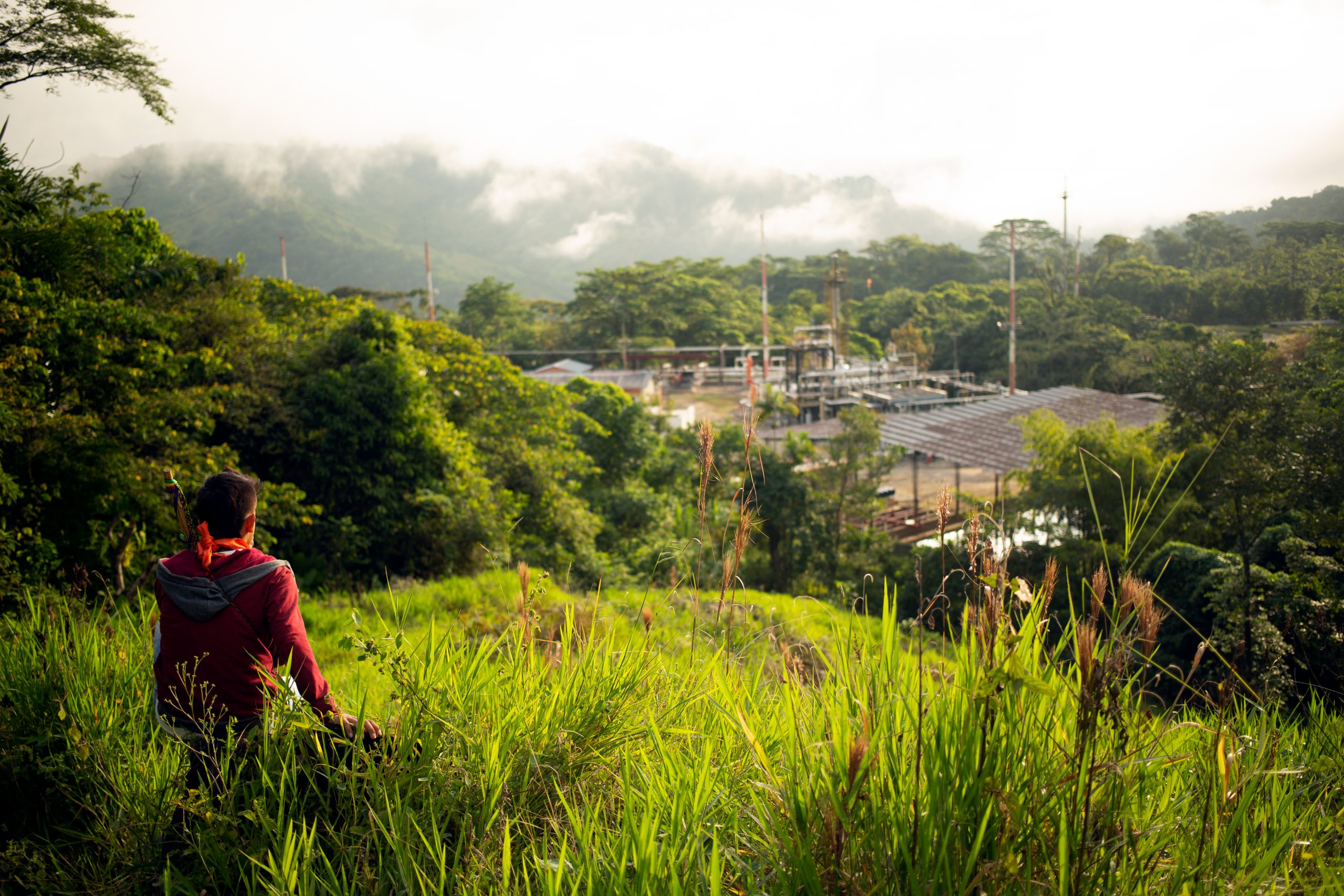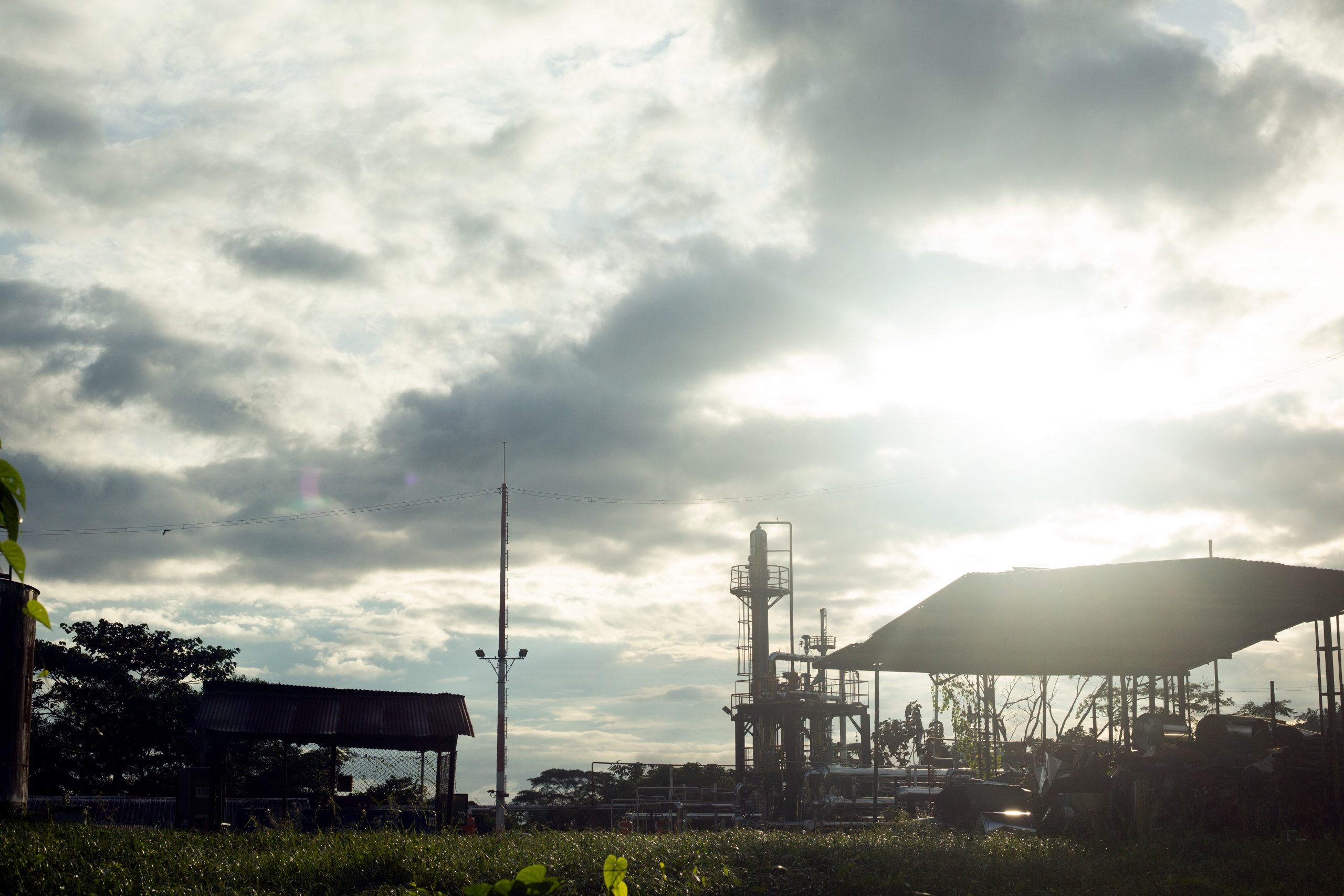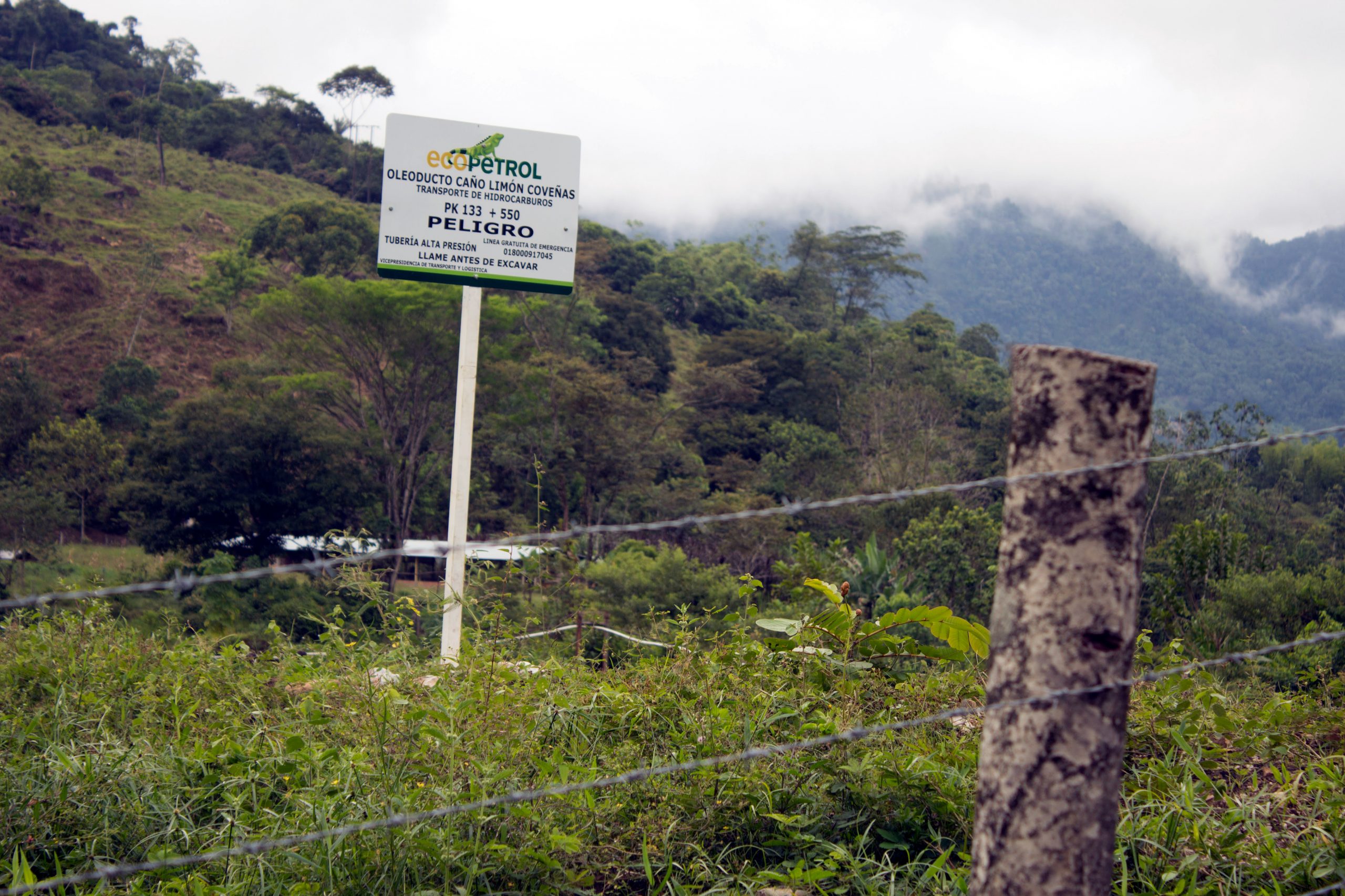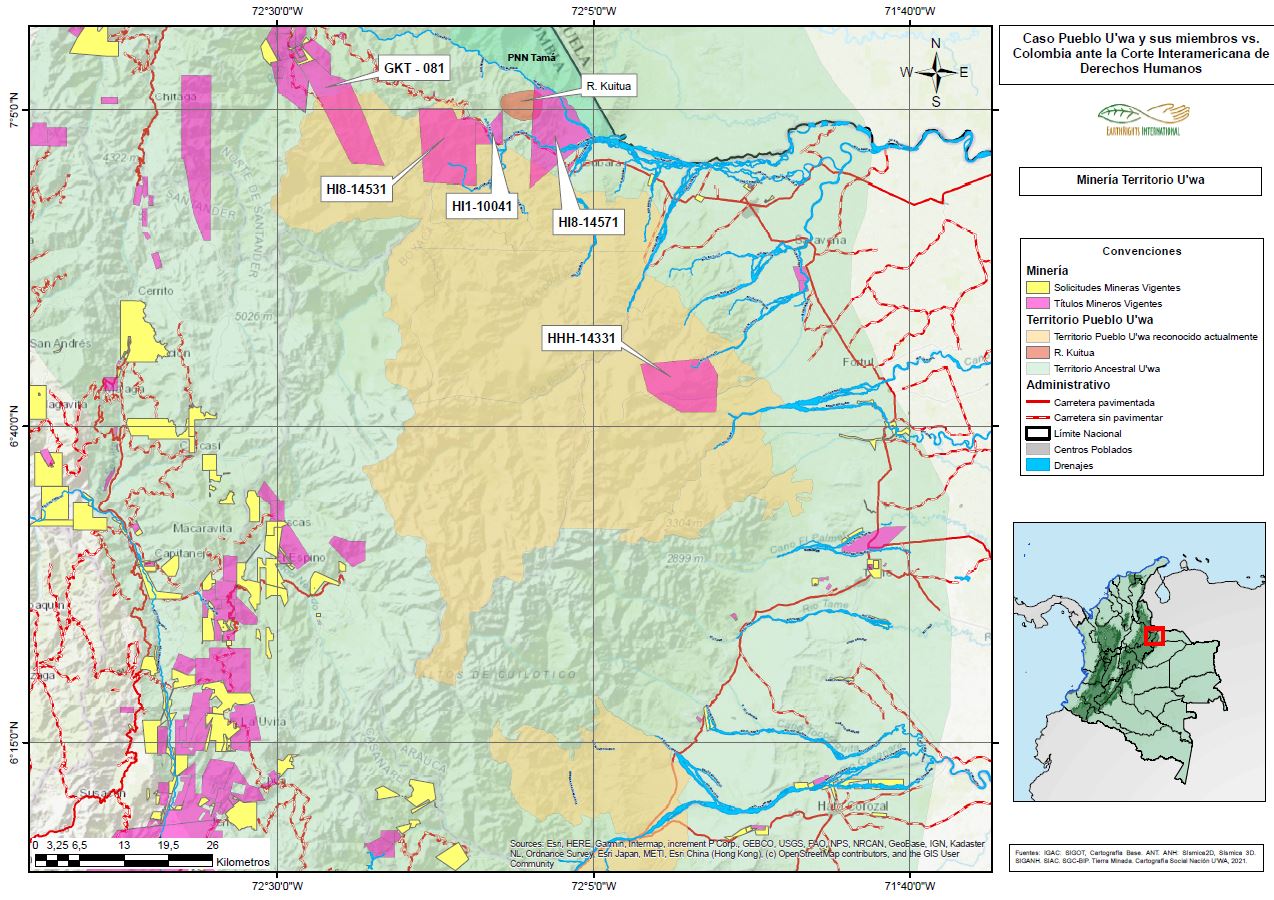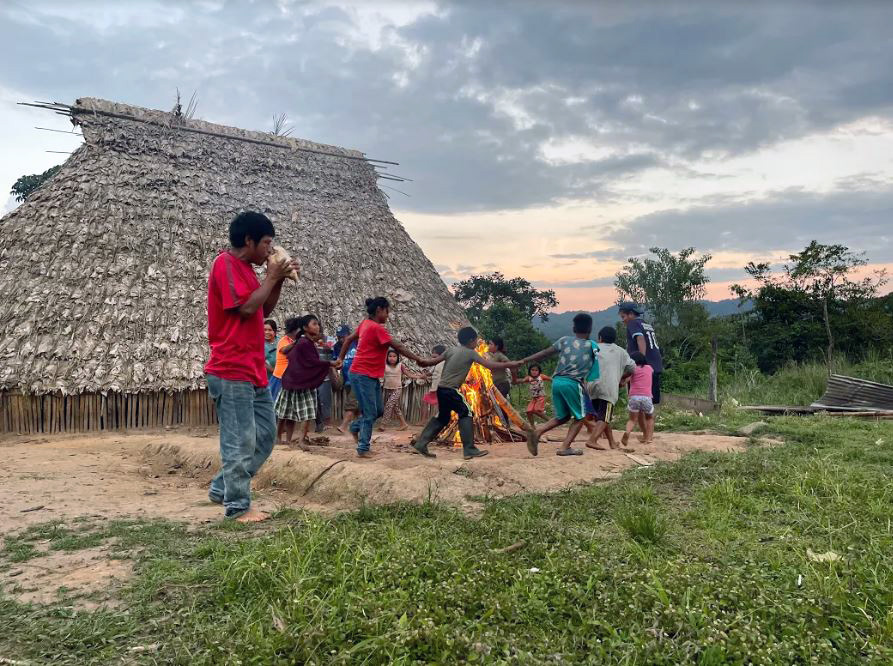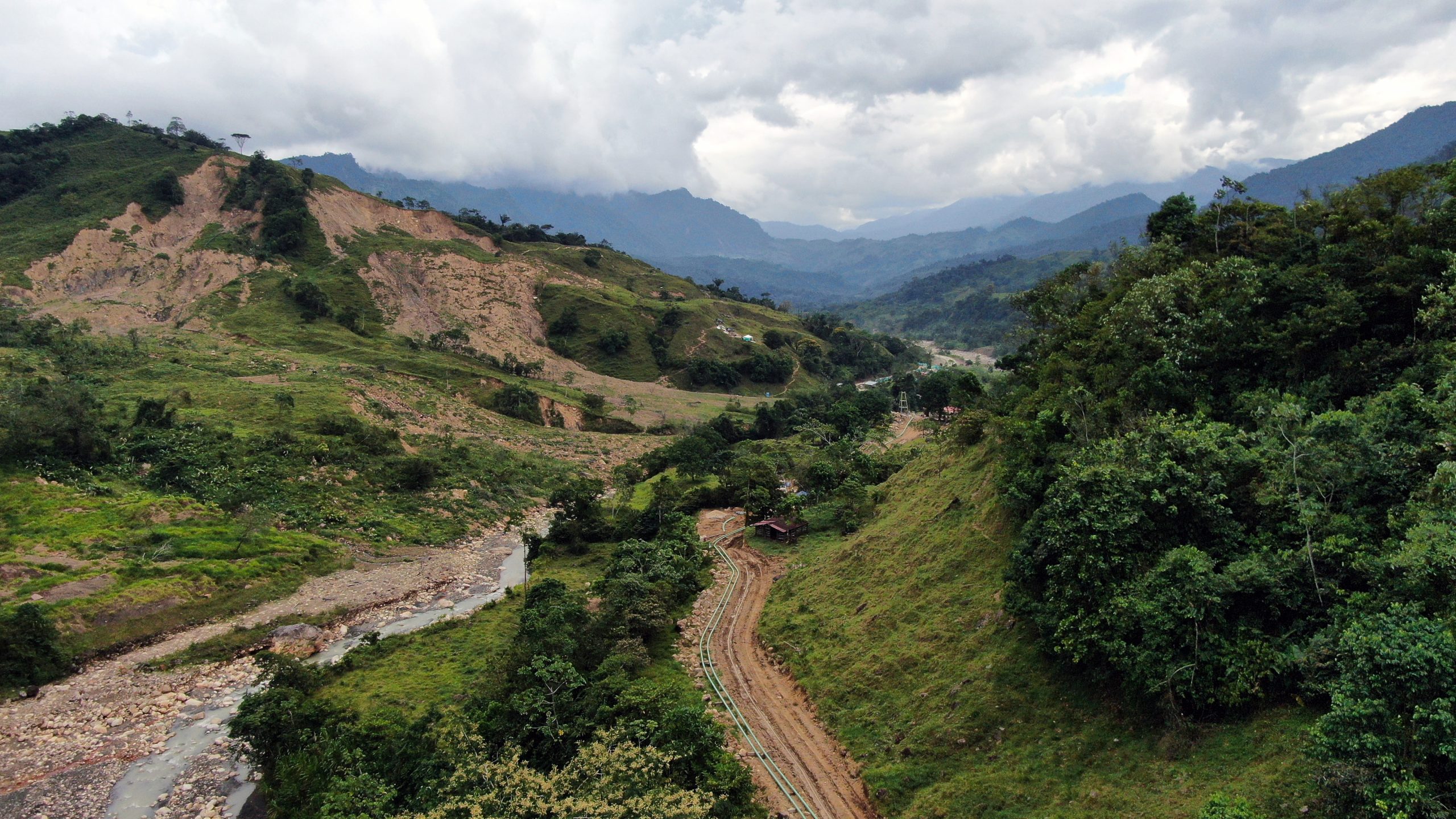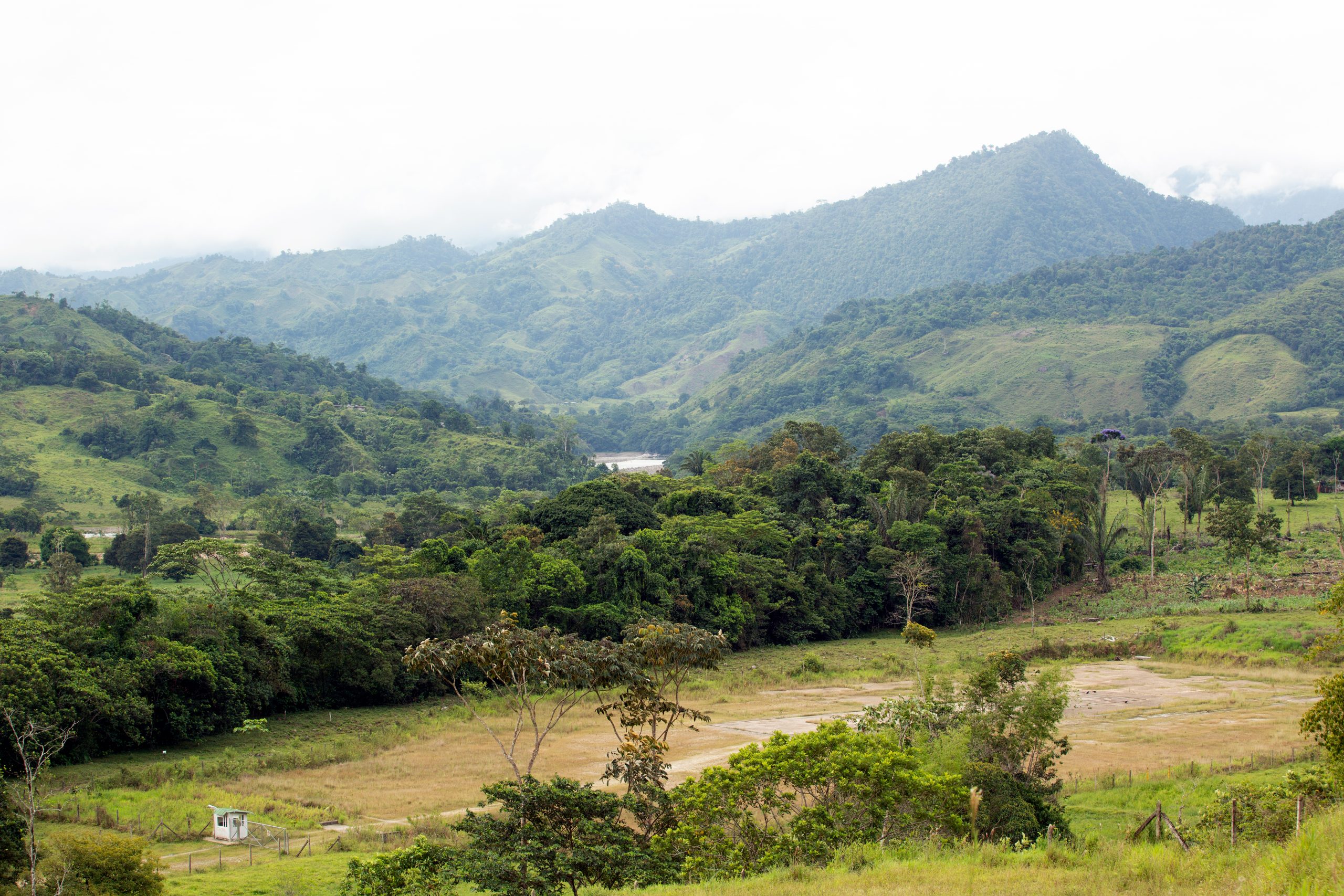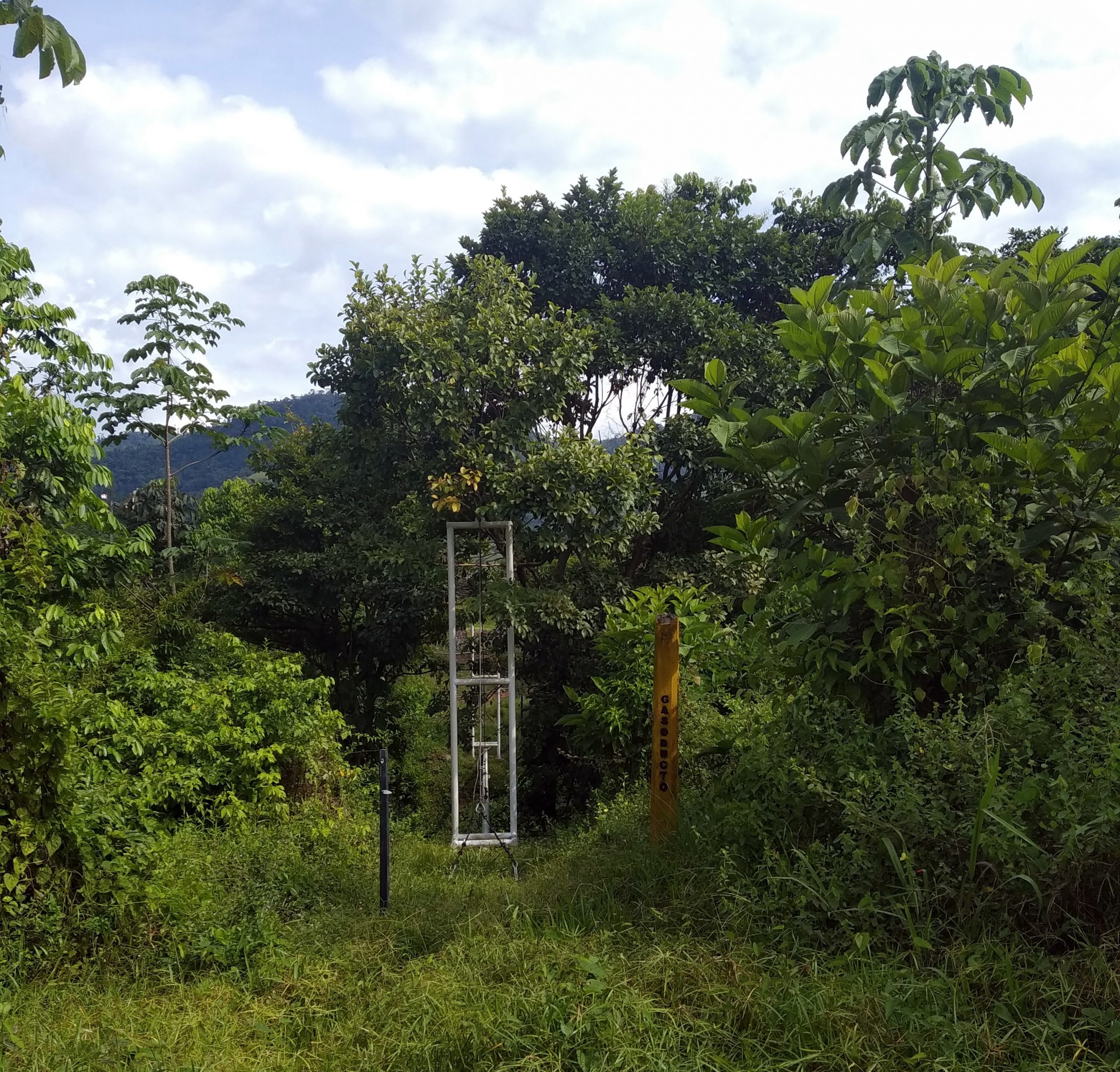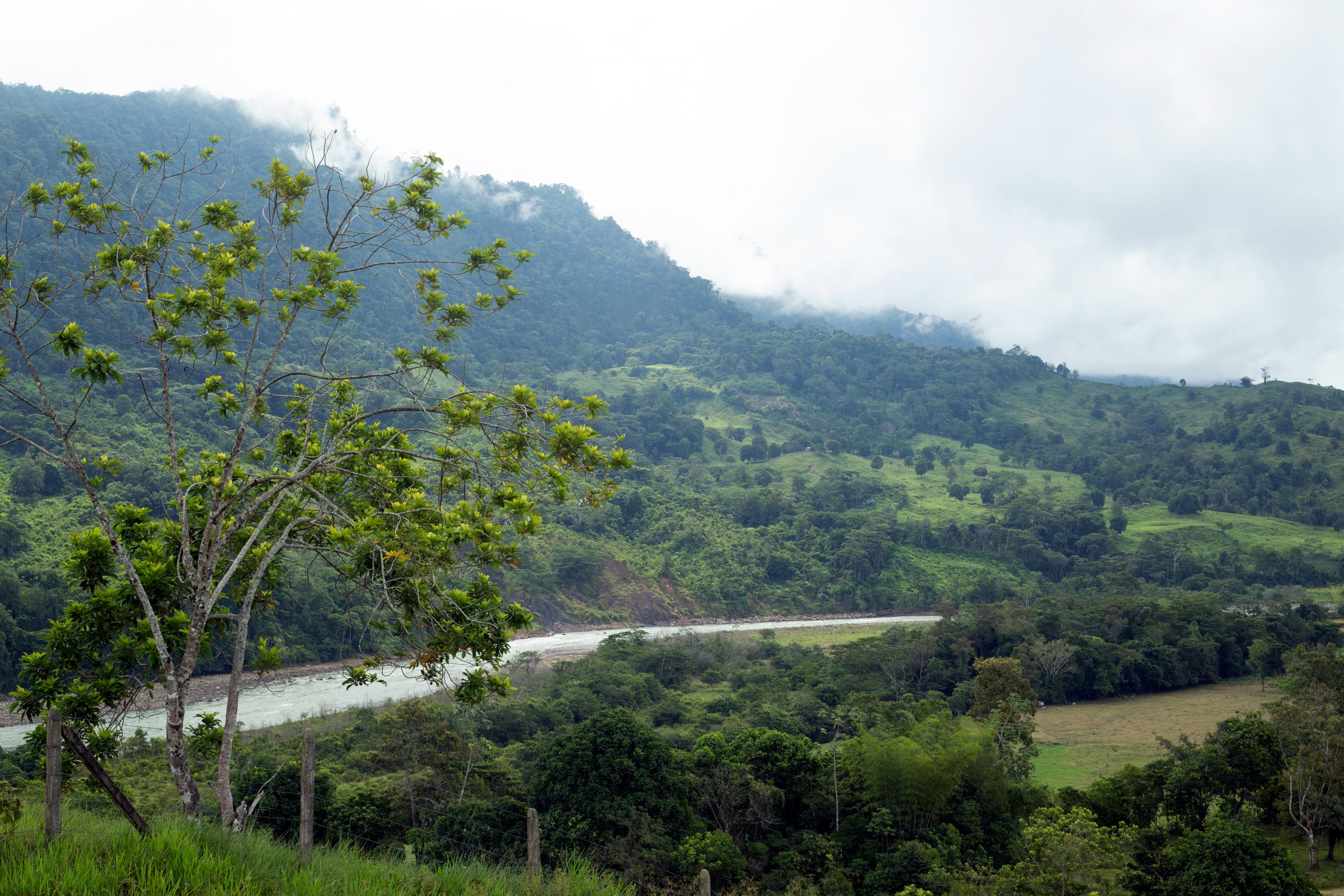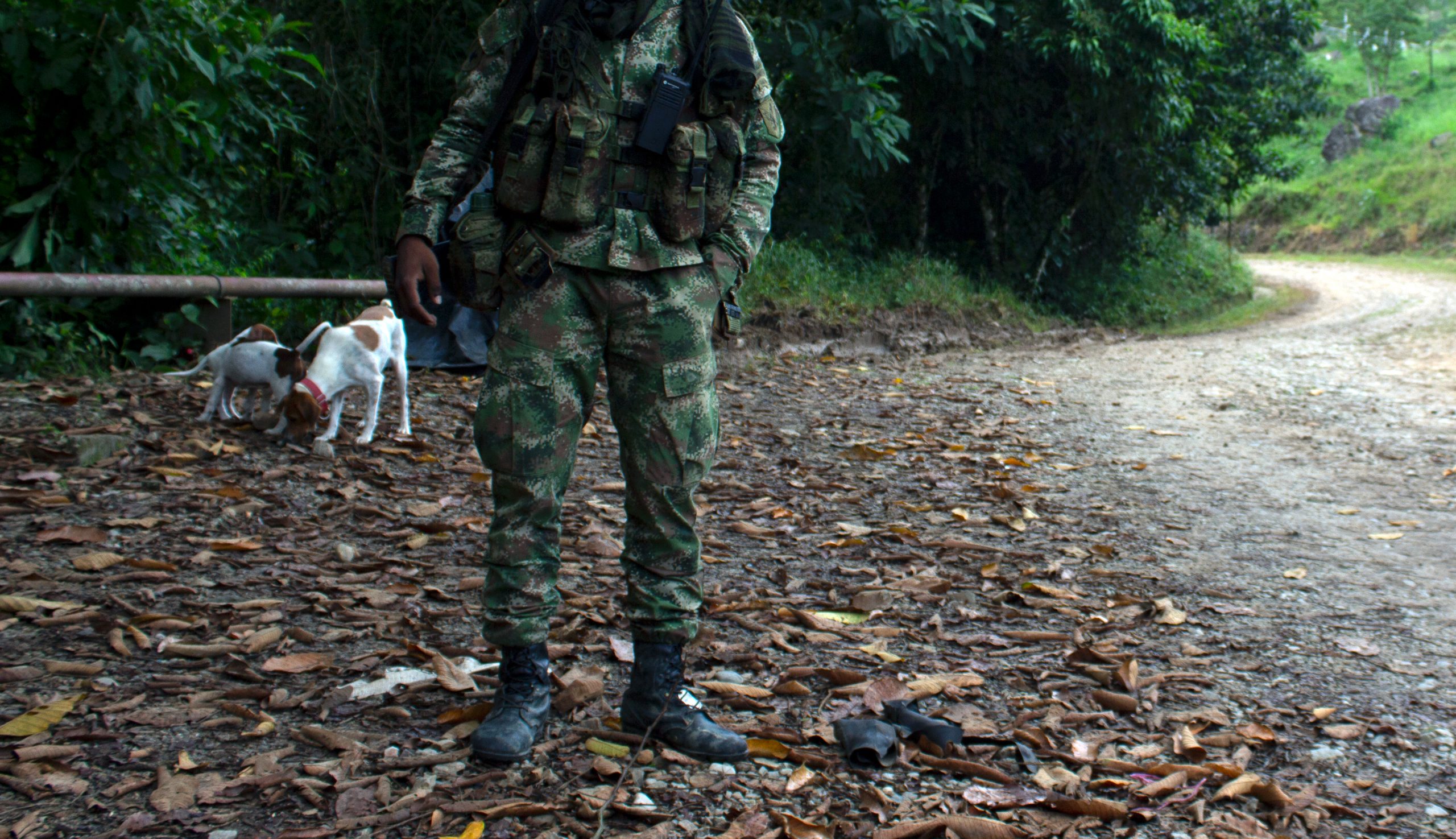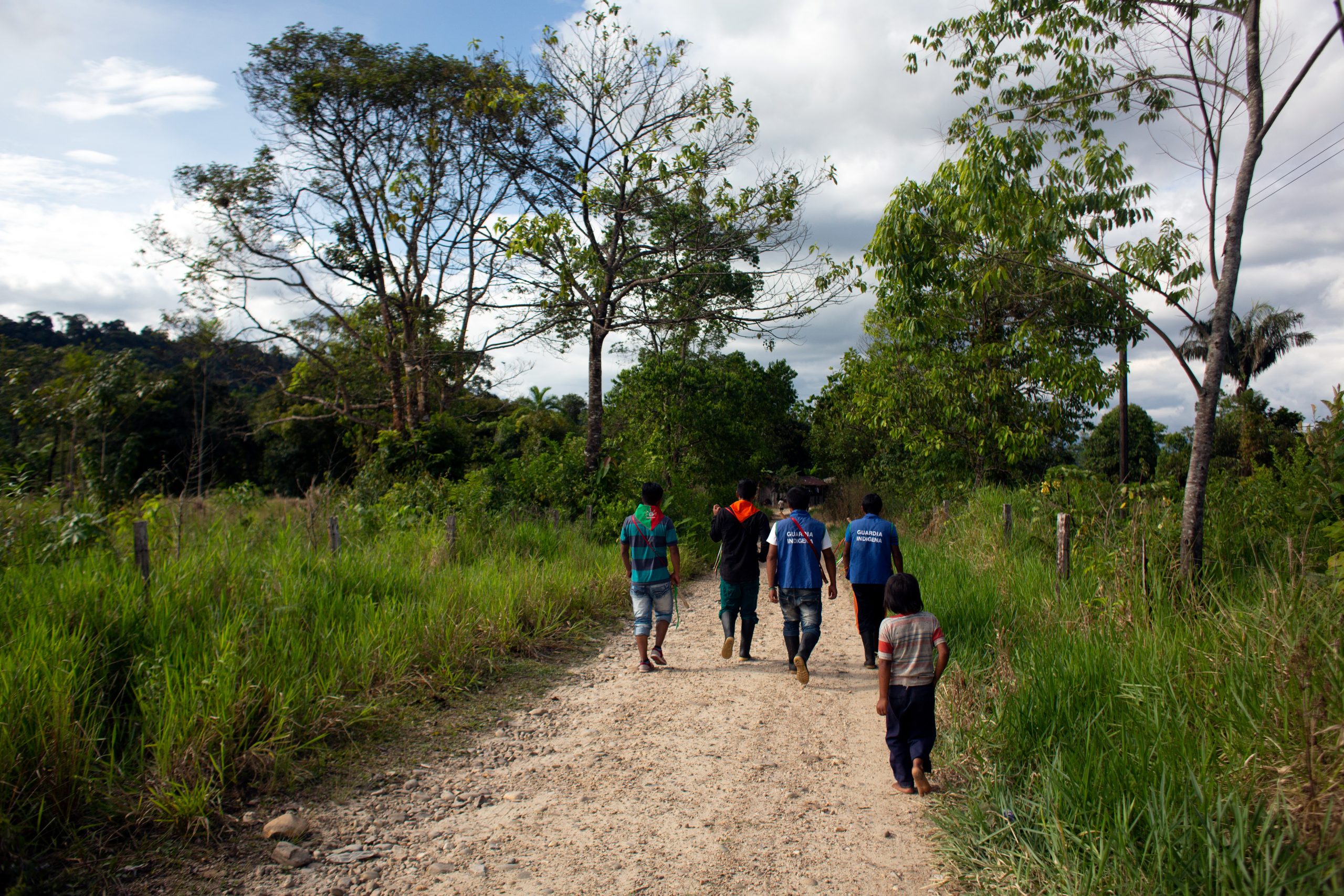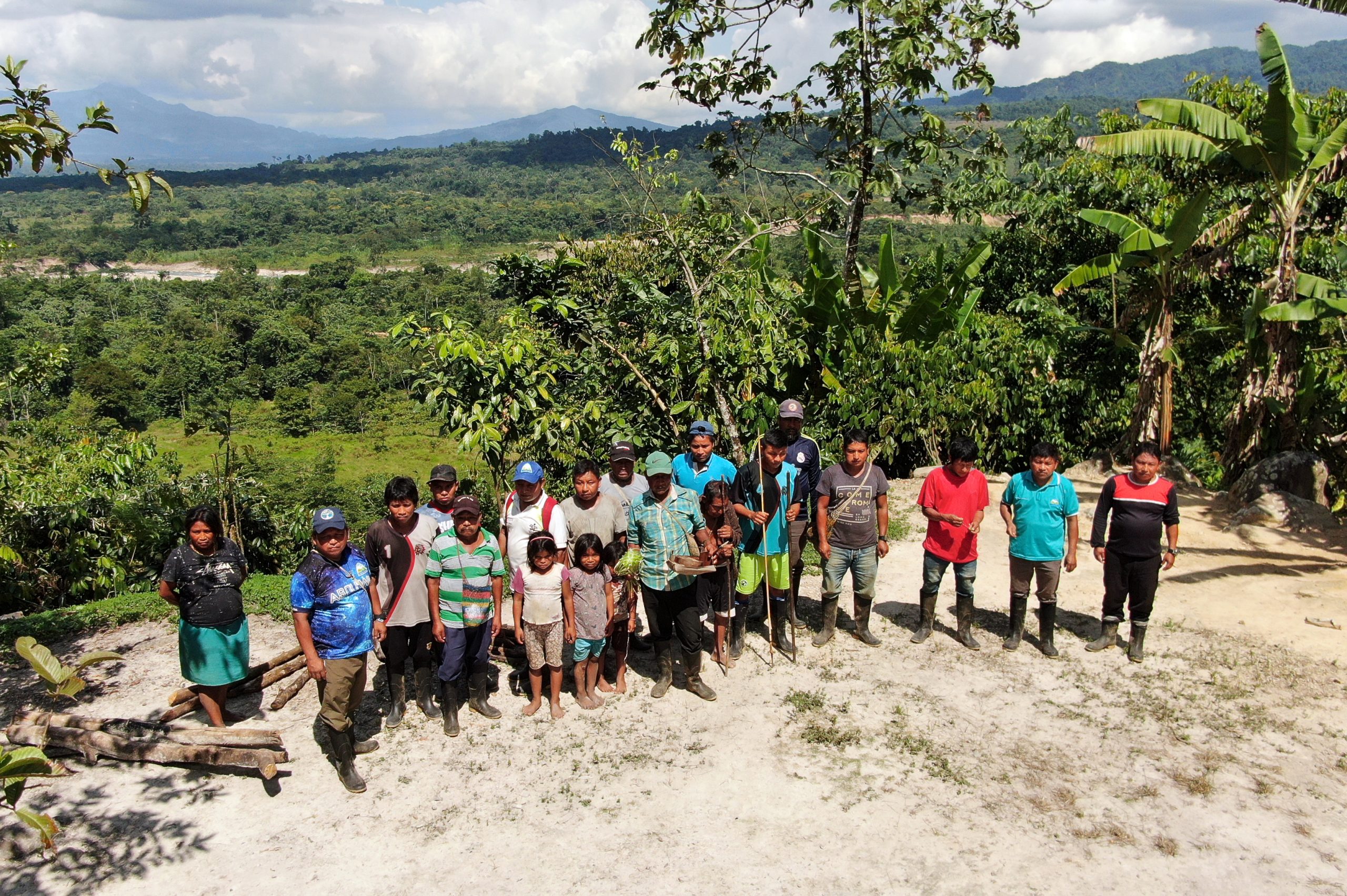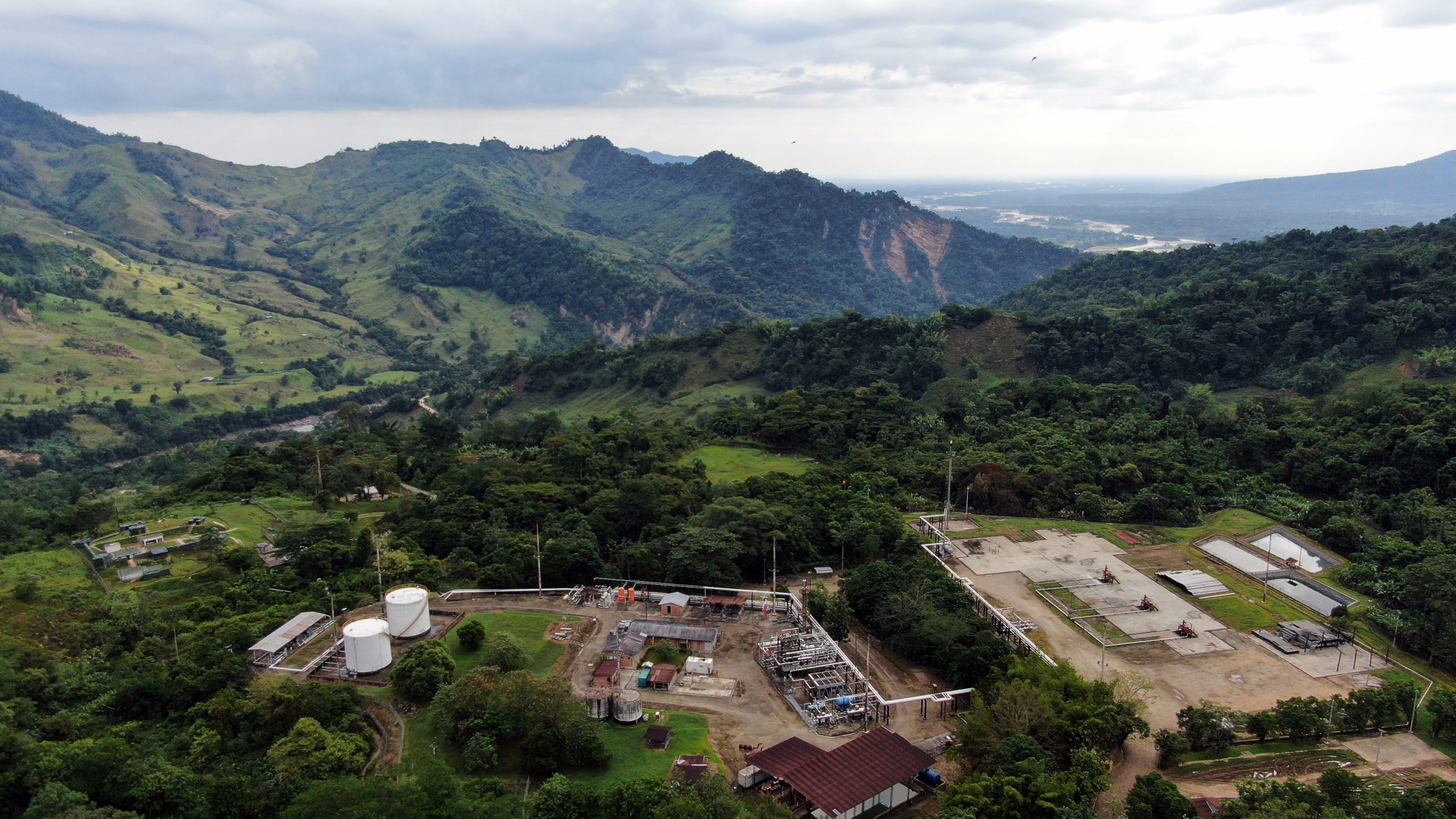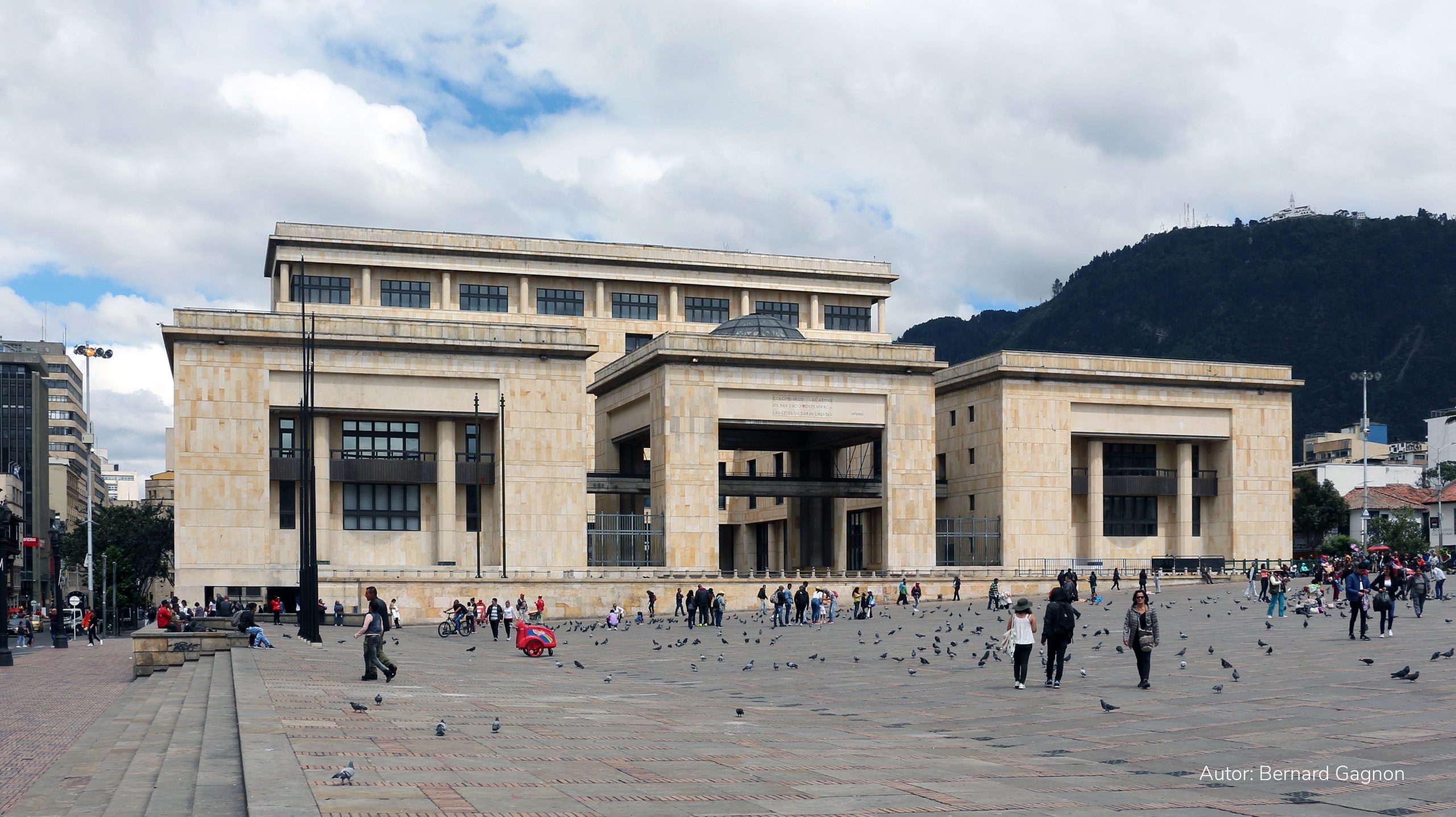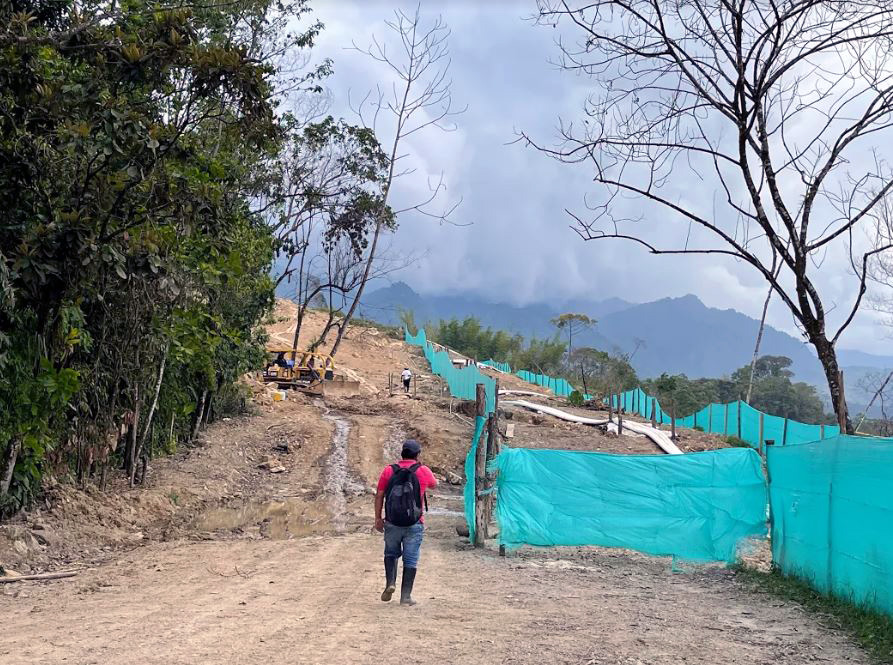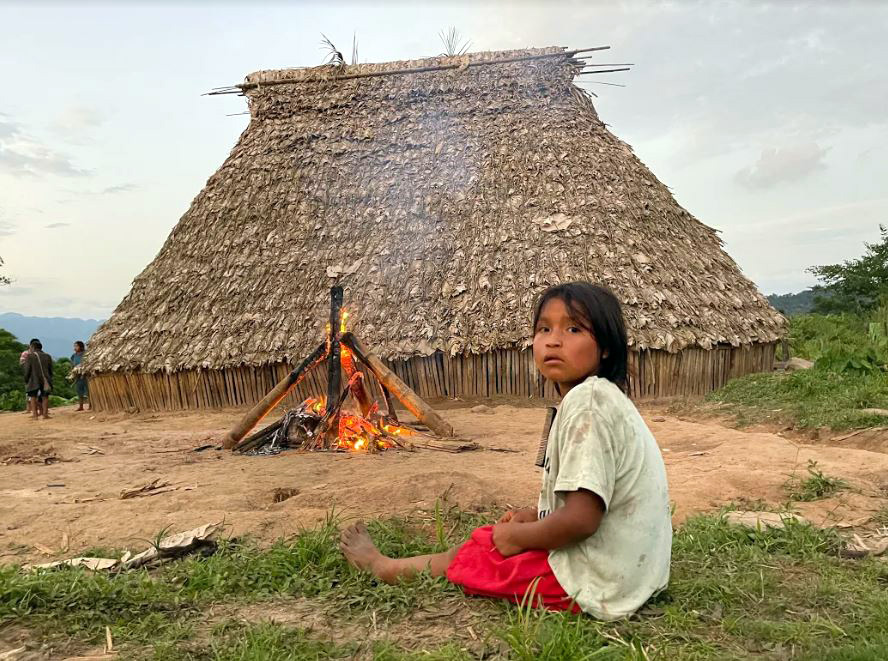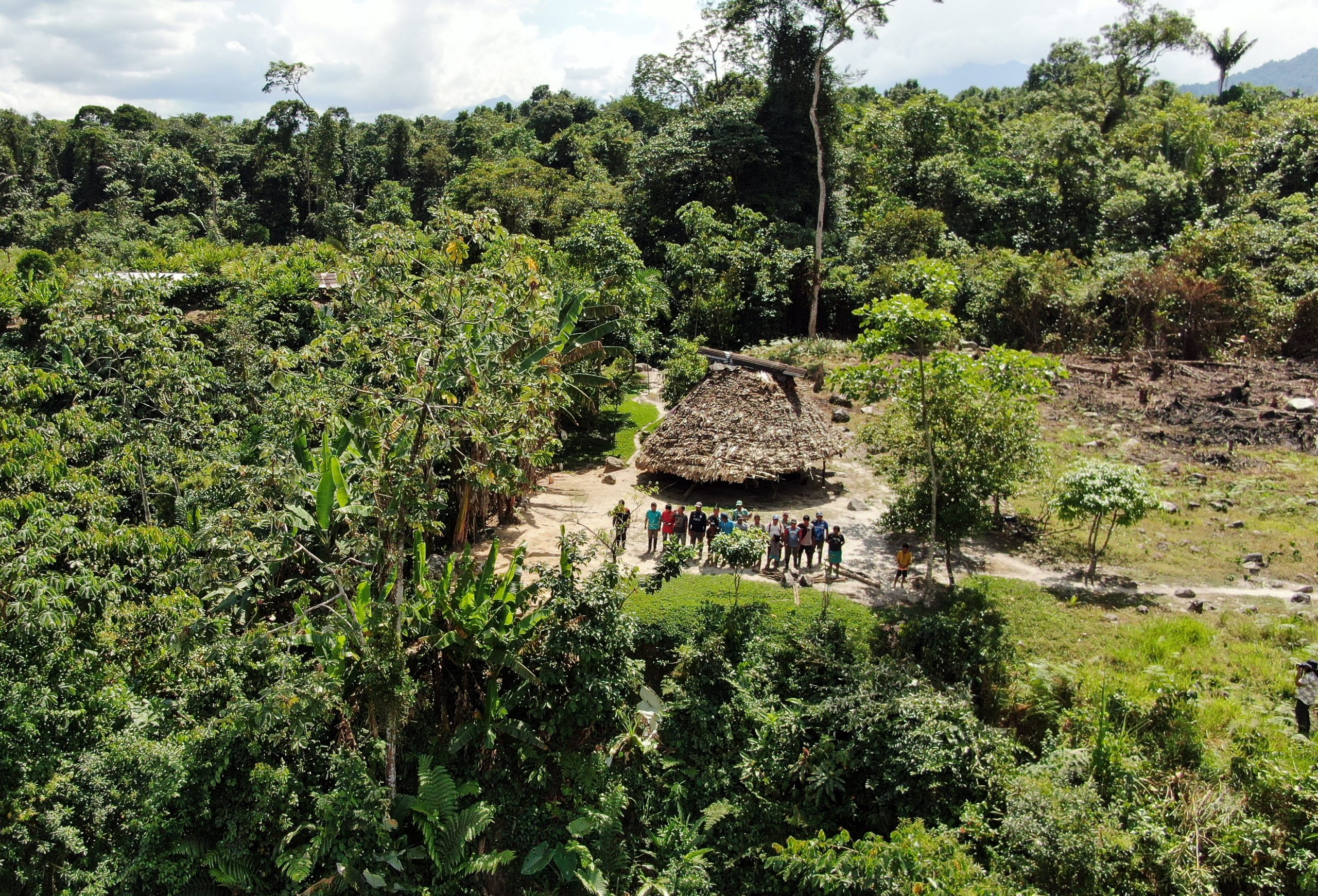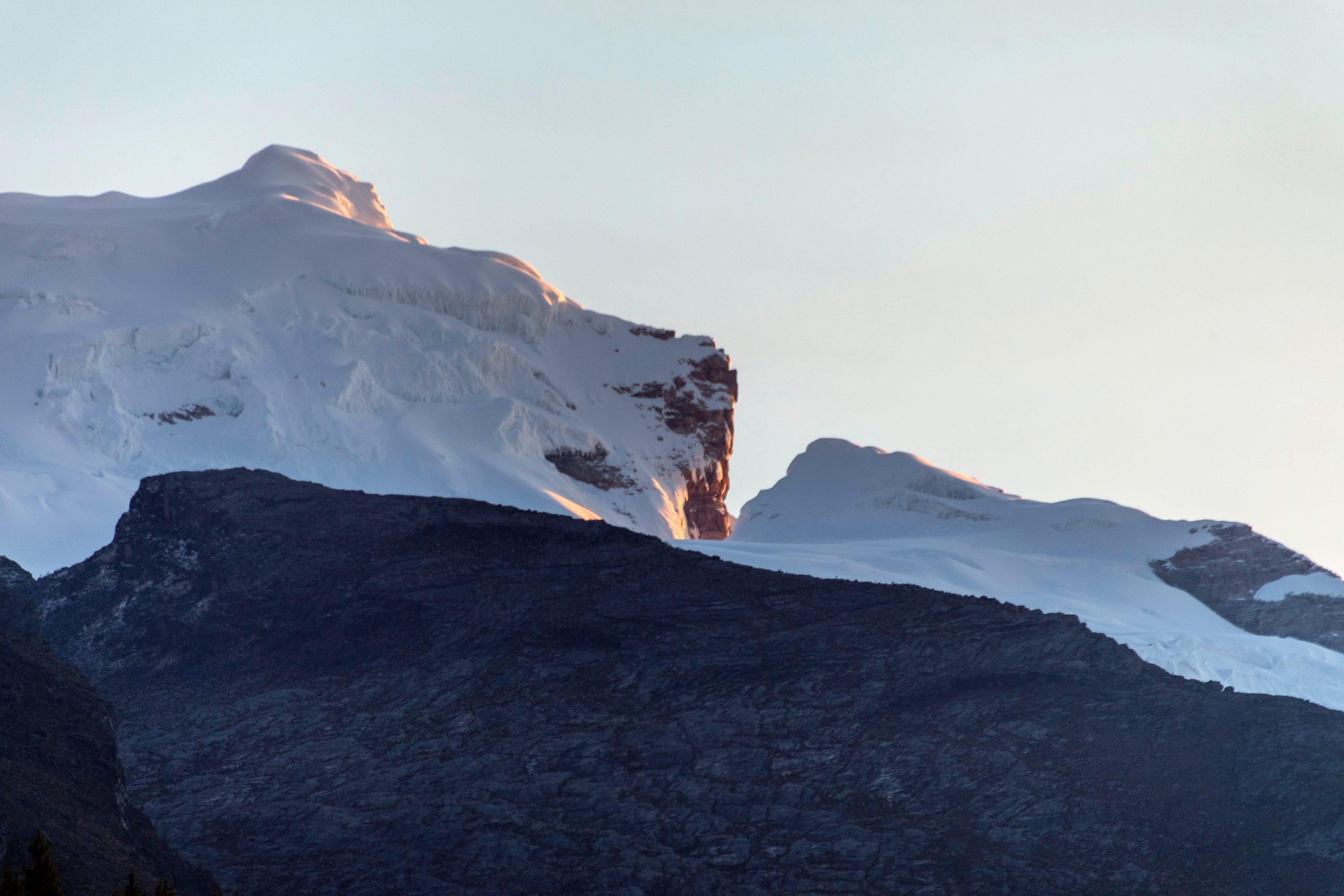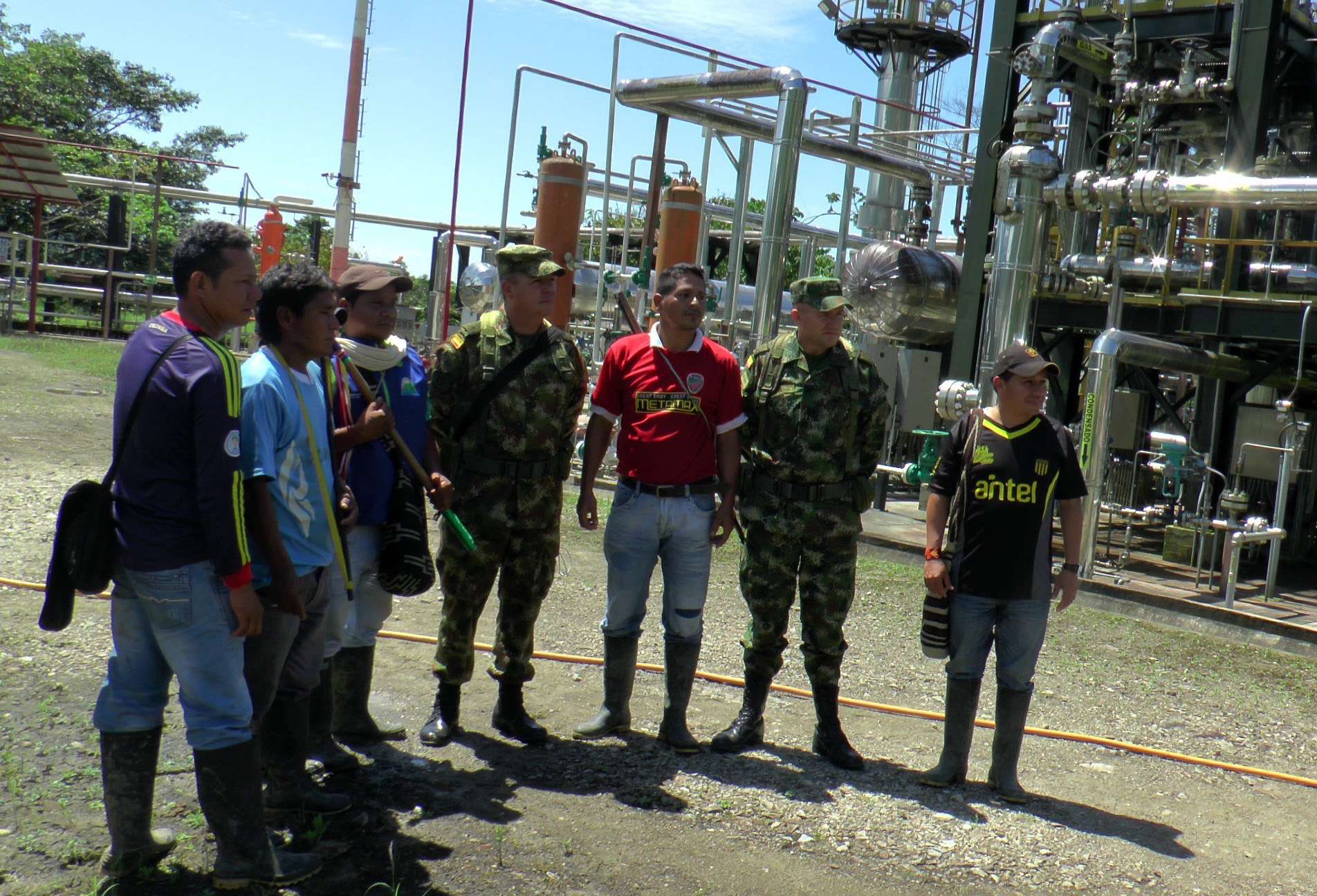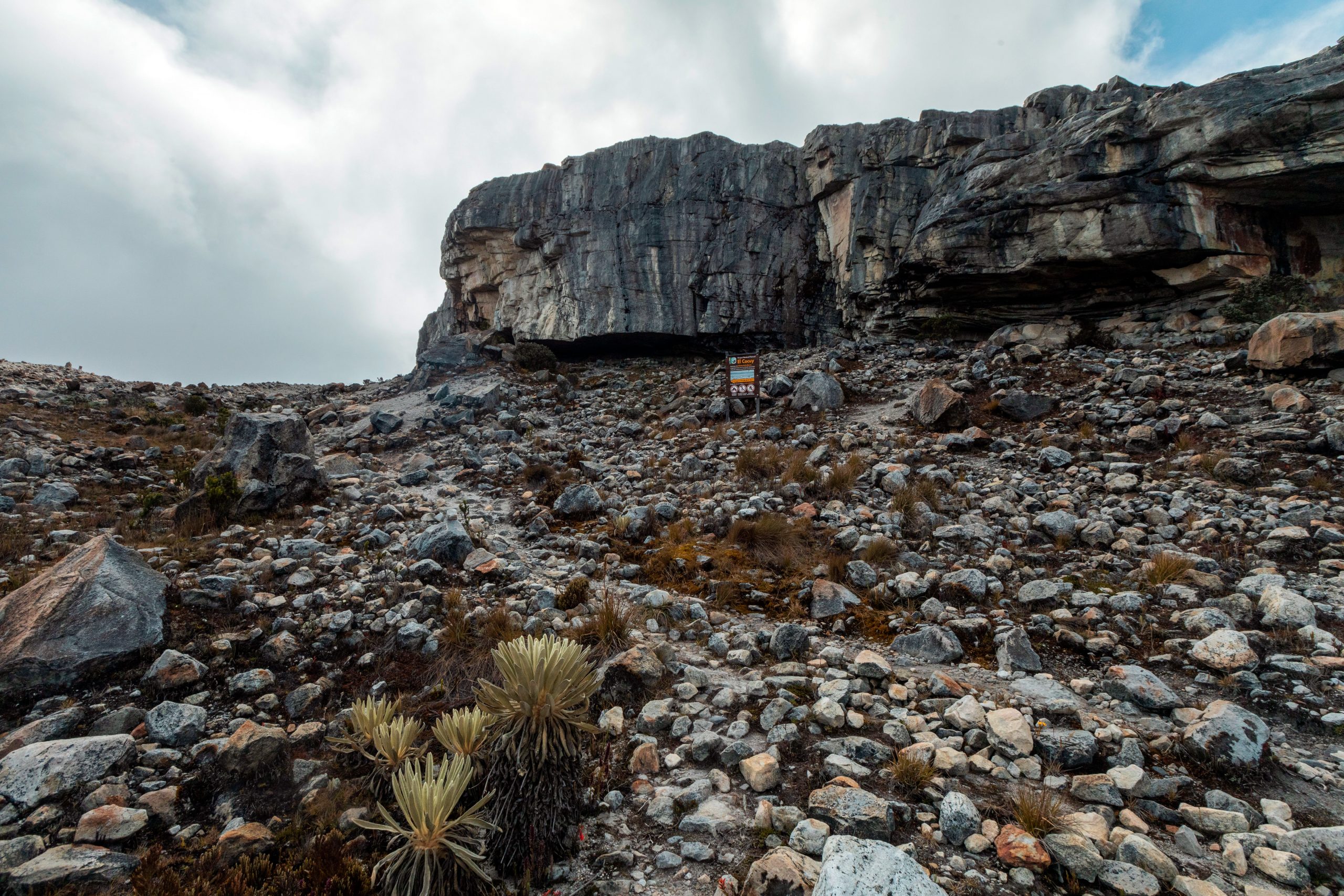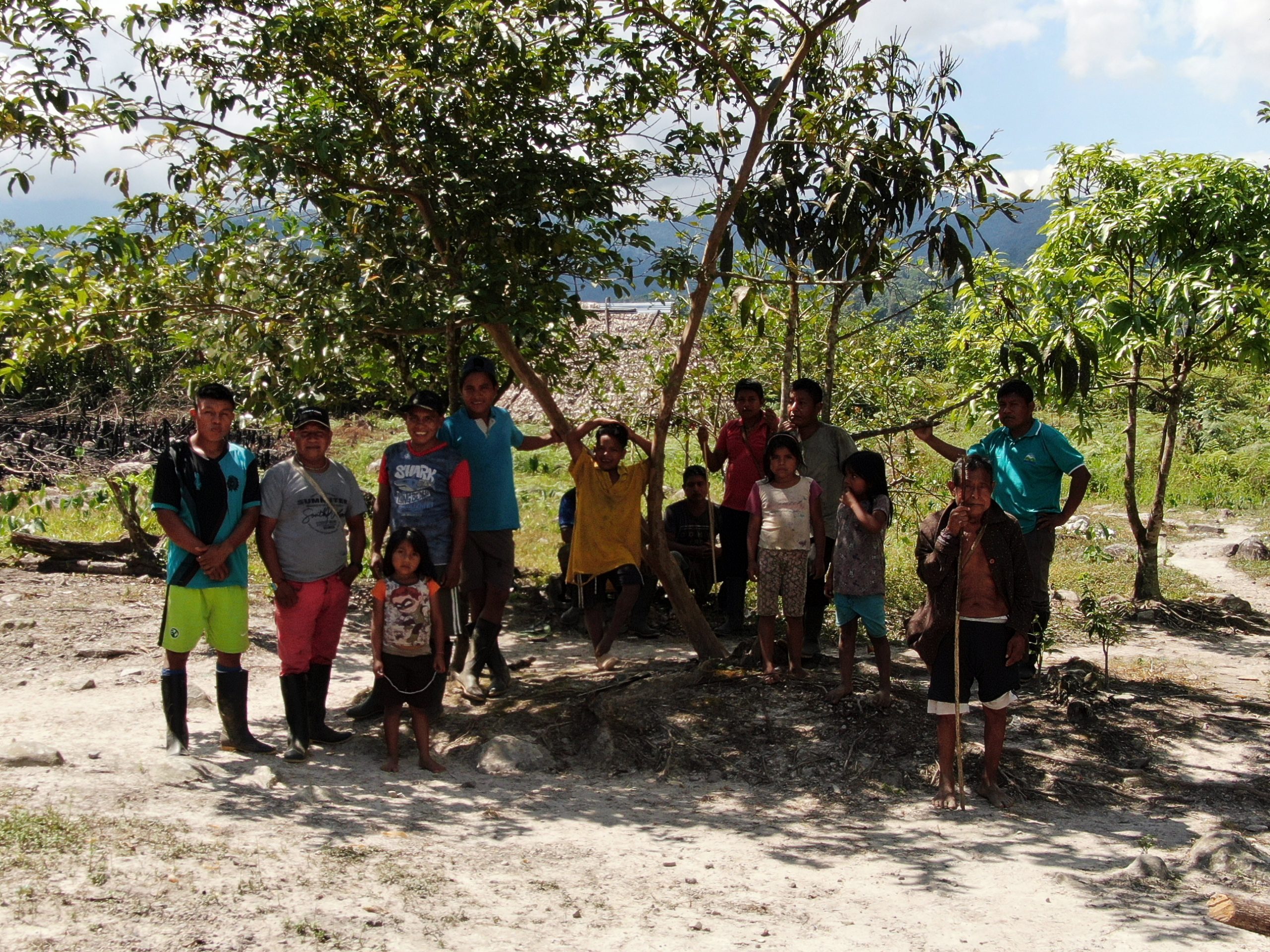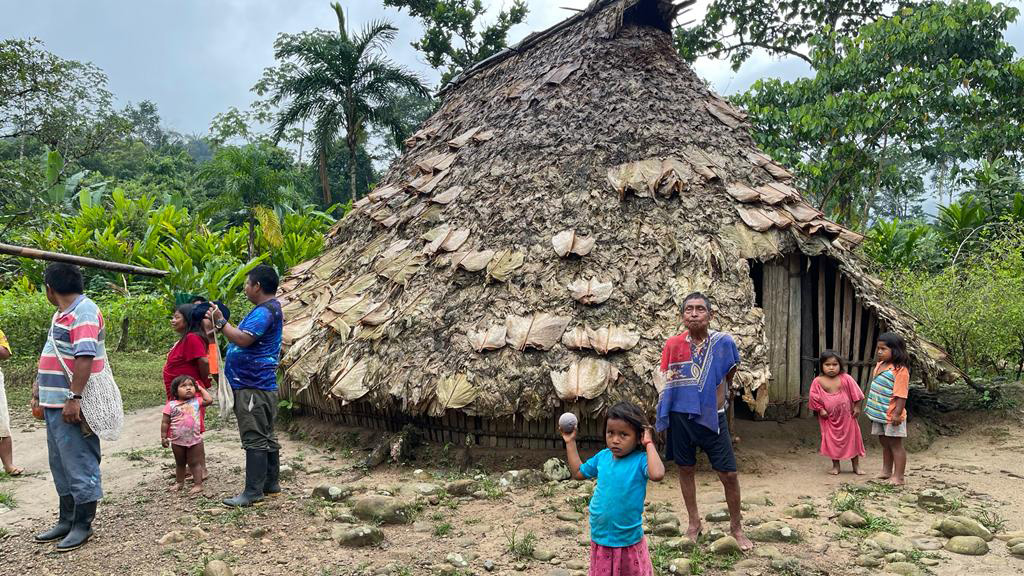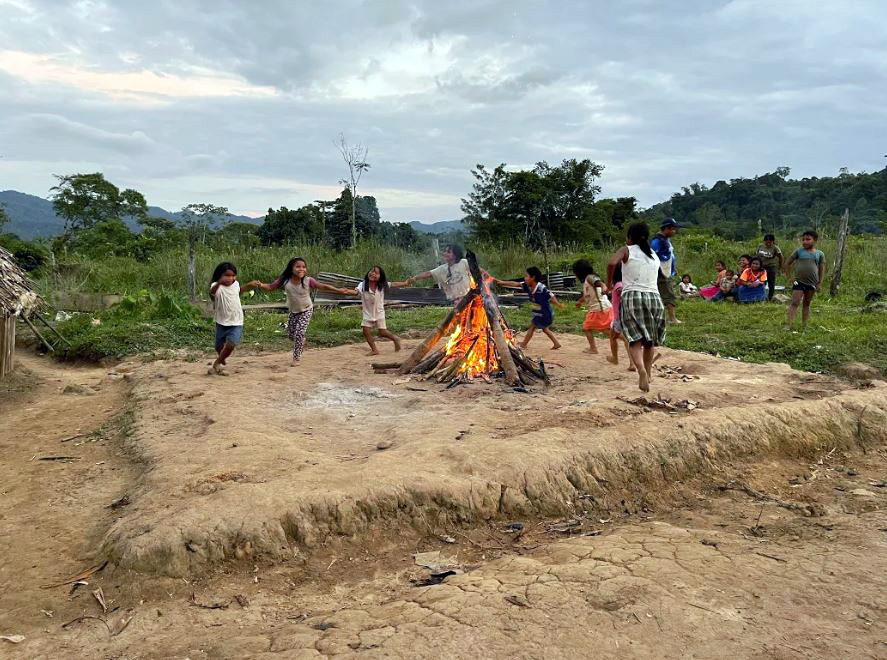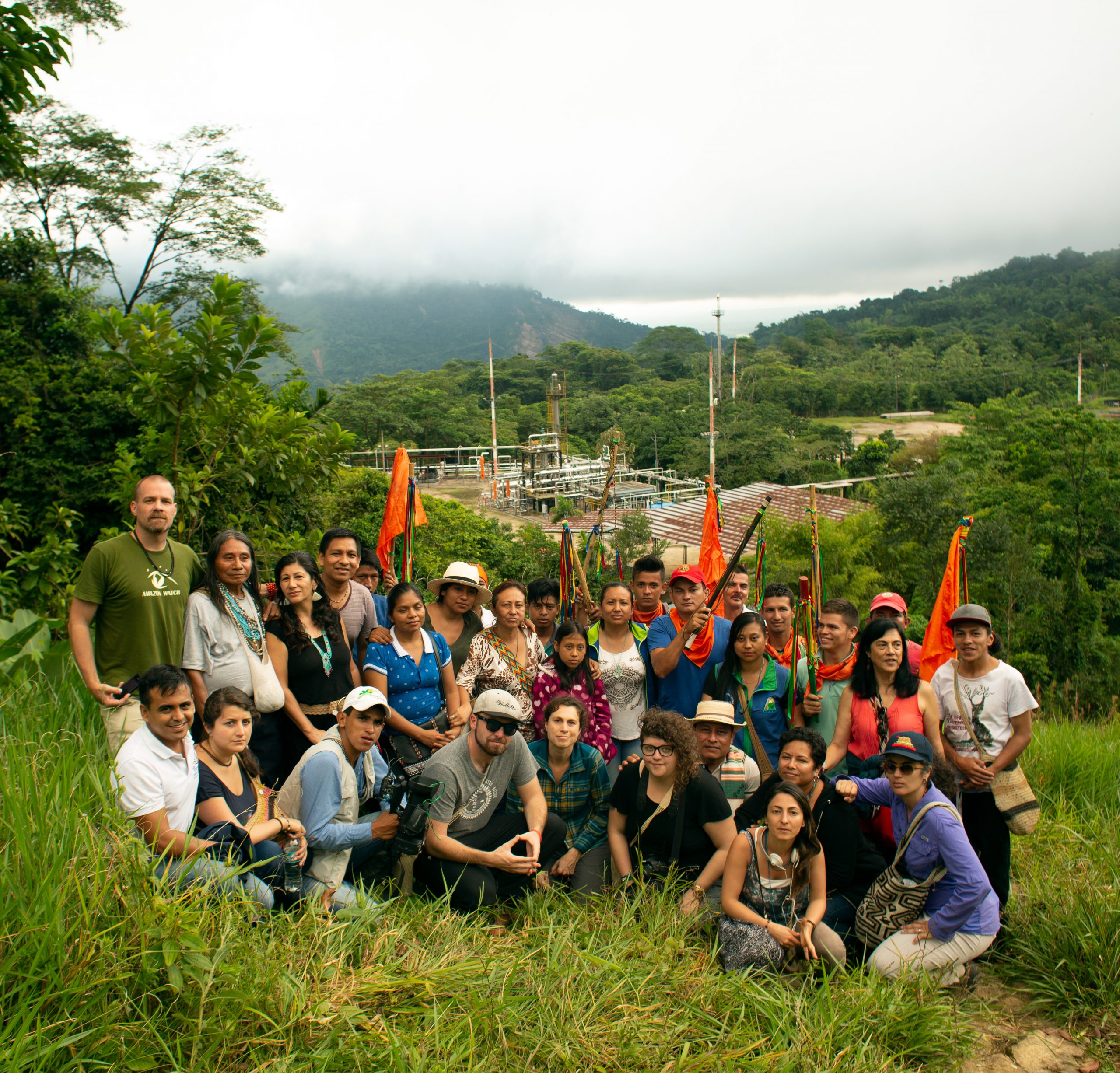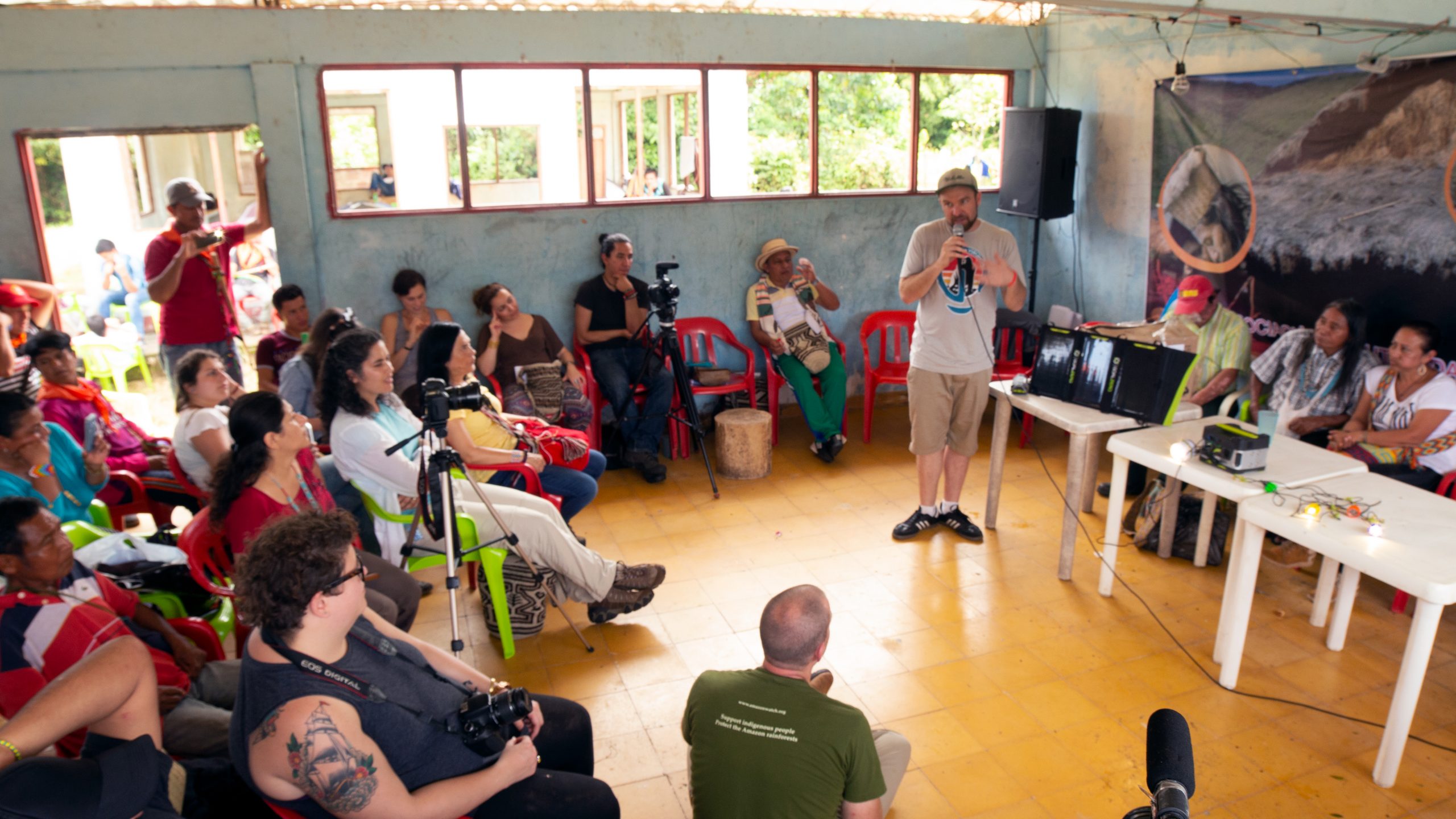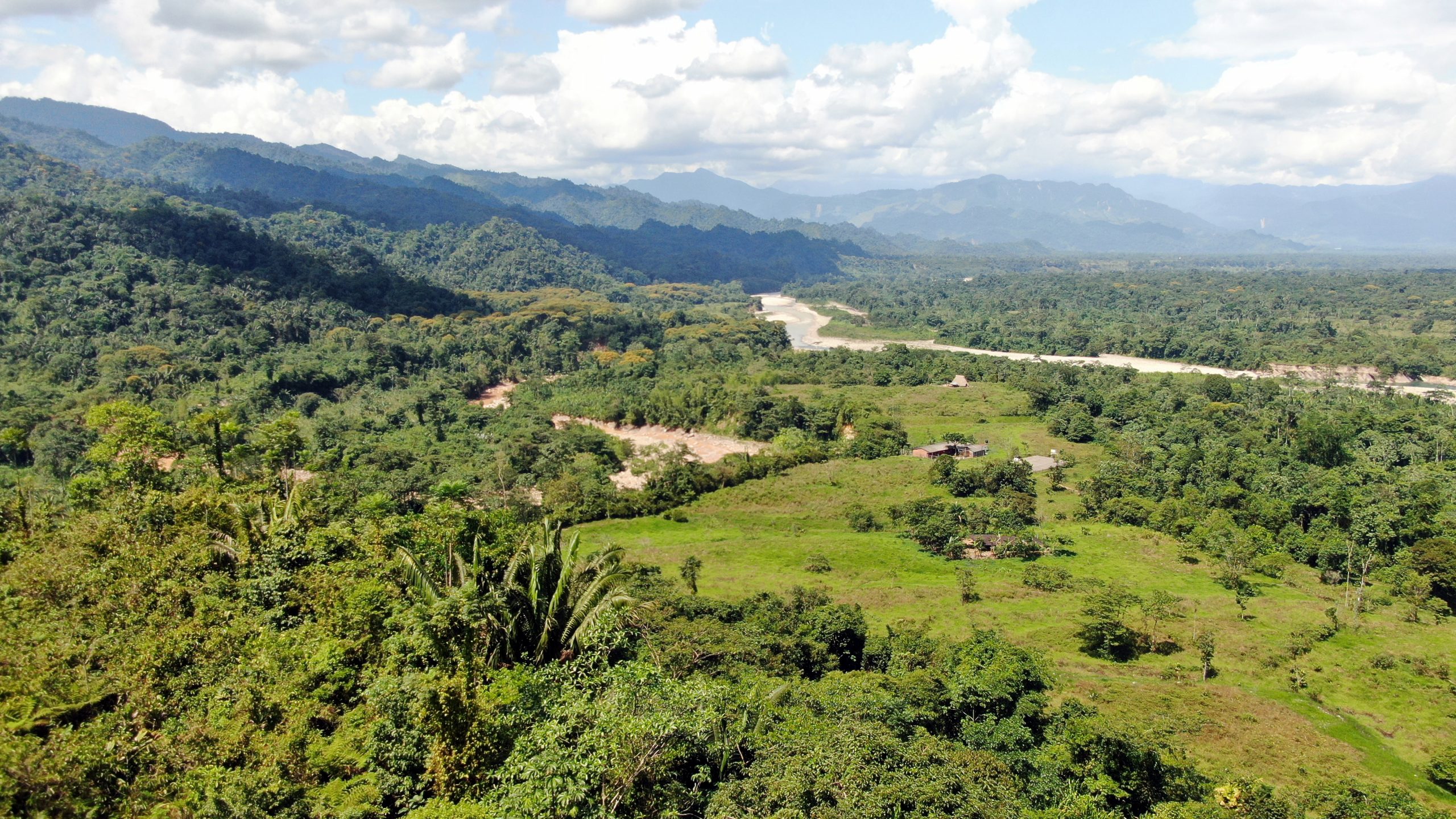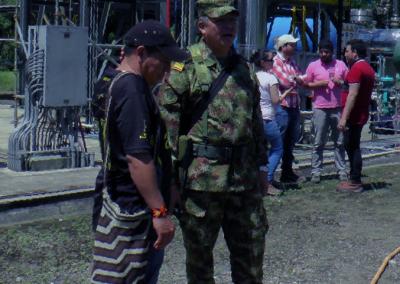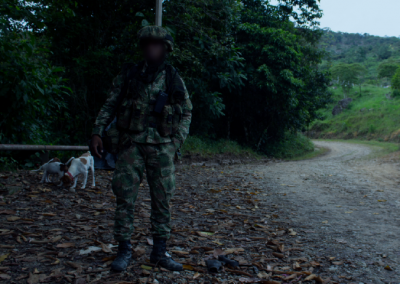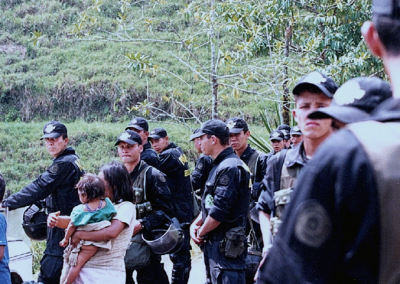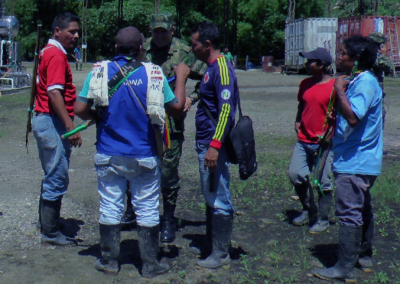MULTINATIONALS
The U'wa believe that as "Guardians of Mother Earth and life", we must maintain the balance between the world above and the world below, between the sky, the earth and the subsoil. For the U'wa, natural resources such as oil, gas, coal and other minerals are sacred. Oil is the blood of our Mother Earth and for this reason, we believe that it should not be extracted.
The U'wa have constantly fought as a Nation to protect our territory from extractive companies, however the Colombian State has approved the exploration and exploitation of oil, gas, coal and other minerals in the U'wa ancestral territory without recognizing or respecting the collective rights we have as a Nation.
See here the chronology of events:
CRONOLOGY
For more than 30 years oil, mining, tourism and infrastructure activities have endangered our territory and the U'wa Nation.
* The images used are for illustrative purposes only and do not correspond to an exact representation of the facts described.
- 1991
- 1995
- 1995
- 1997
- 1997
- 1998
- 1999
- 1999
- 2000
- 2000
- 2000
- 2000
- 2001
- 2002 - 2003
- 2004-2005
- 2005
- 2005
- 2006
- 2008
- 2009
- 2009
- 2010
- 2012
- 2012
- 2014
- 2014
- 2015
- 2015
- 2015
- 2015
- 2015
- 2015
- 2016
- 2016
- 2017
- 2017
- 2019
- 2020
- 2021
- 2021
- 2021
- 2022
-
1991
Oxy signed a contract with Shell and Ecopetrol for the exploration of the Samoré Block.
-
February 1995
The State of Colombia granted the first license to Oxy for seismic studies for the Samoré block.
-
August 1995
The Ombudsman filed a tutela action on behalf of the U'wa people against the Colombian Ministry of the Environment and Oxy for authorizing this license without guaranteeing
the U'wa Nation's right to prior consultation. -
March 1997
The Constitutional Court adopted Ruling SU-039 declaring that the U'wa Nation's right to prior consultation was violated. The Constitutional Court determined that ILO Convention 169 and the Colombian Constitution were violated in this case and ordered that such consultation be carried out, which never occurred.
-
April 1997
The U'wa and human rights organizations filed a petition with the Inter-American Commission on Human Rights (IACHR) alleging the violation of their collective rights.
-
1998
Oxy applied to the Ministry of Environment for a new license to carry out exploratory drilling in an area known as Gibraltar.
-
August 1999
The Colombian Institute of Agrarian Reform (INCORA) adopted Resolution 056 that created the United U'wa Resguardo, an area that does not correspond to the totality of the ancestral territory. In addition, to evade the duty to consult with the U'wa Nation, the recognized territory left out the Gibraltar well.
-
Noviembre 1999 – primeros meses 2000
As an action of resistance, the U'wa peacefully took over the area marked for oil exploration in a permanent presence. In response, the State deployed its armed forces to evict the U'wa, blocking access to food, water and other supplies to force the U'wa to leave the Gibraltar area.
-
March 2000
Following the granting of a license for exploratory drilling in Gibraltar, the U'wa Nation filed a new tutela against the Ministry of the Environment and Oxy opposing the project for again violating their right to prior consultation.
The court of first instance issued a temporary suspension of drilling in Gibraltar, finding that the project could jeopardize the fundamental rights of the U'wa. This decision was appealed by Oxy.
-
May 2000
In response to the appeal, the Superior Court of Bogota reversed the first instance decision, while Oxy indicated its interest in resuming the project.
-
Mayo – junio 2000
Faced with the reactivation of the Gibraltar project, the U'wa Nation carried out peaceful resistance actions, which were violently repressed by the Colombian State.
-
November 2000
INCORA and the Colombian Minister of Agriculture declared, without consulting the U'wa Nation, that the area surrounding the Gibraltar drilling site is an "oil reserve zone".
-
March 2001
The U'wa filed a nullity lawsuit against Resolution 27 of 2000 that created the Oil Reserve Zone.
-
2002 – 2003
Oxy withdrew from the Samoré Block and transferred ownership to Ecopetrol. Ecopetrol redrew the boundaries of the Samoré Block, which became the Siriri and Catleya blocks.
-
2004-2005
The Colombian State held socialization meetings regarding the Sirirí and Catleya Blocks, after which the U'wa Nation rejected seismic exploration and, in general, any oil project in their territory.
-
May 2005
The Ministry of the Interior and Ecopetrol concluded that the Siriri and Catleya blocks did not violate the rights of the U'wa Nation.
-
December 2005
The Ministry of the Interior consulted the Council of State on whether the 2004 and 2005 meetings would amount to a process of prior consultation with the U'wa Nation.
-
February 2006
The Council of State decided in favor of Ecopetrol, concluding that the informative meetings of 2004 and 2005 guaranteed the U'wa Nation's right to consultation, ordering the Ministry of the Interior to evaluate the U'wa Nation's reasons for not participating in the consultation process, who finally ignored the U'wa Nation's arguments that support their decision not to participate in a process that disregarded their rights.
-
January 2008
The State granted the coal mining concession contract GKT-081 that overlaps with U'wa territory.
-
January 2009
The Constitutional Court of Colombia recognized the U'wa Nation as part of the 34 indigenous peoples at risk of physical and/or cultural extermination due to the internal armed conflict and the impacts of extractivism, ordering the urgent adoption of a Safeguard Plan.
-
March 2009
Two additional coal mining concessions were granted. The Ministry of Environment granted a license to Ecopetrol for the construction of the Gibraltar - Bucaramanga gas pipeline.
-
December 2010
Ecopetrol submitted documents to the Ministry of Environment requesting an Environmental Impact Assessment (EIA) for the Magallanes Exploratory Drilling Area (EDA).
-
April 2012
Gibraltar - Bucaramanga gas pipeline became operational.
-
August 2012
The National Environmental Licensing Agency (ANLA) granted a license to Ecopetrol for the Magallanes Exploratory Drilling Area (APE), in ancestral territory of the U'wa Nation. The U'wa warned that the EIA was deficient and incomplete.
-
March 2014
Non-state armed actors attacked the Caño Limón - Coveñas oil pipeline in the La China sector (Toledo, Norte de Santander), inside the United U'wa Resguardo. These types of acts have been recurrent since the pipeline began operating, affecting peace and tranquility and contaminating water sources and other sacred sites of the U'wa Nation.
-
May 2014
After a process of peaceful resistance and claiming their rights, the U'wa Nation and the State of Colombia held a dialogue and adopted agreements that continue to be unfulfilled by the State.
-
January 2015
The U'wa Nation filed a nullity action against the Environmental License of the APE Magallanes before the Council of State.
-
February 2015
The U'wa Nation filed before the Council of State a lawsuit for the nullity of the resolutions that granted mining concessions in their territory. Although the mining titles were granted in 2009, the ColombianState summoned the U'wa Nation 7 years later to a meeting called prior consultation. The U'wa authorities reiterated their arguments regarding the exploitation of the territory and decided not to attend the meeting.
-
Mayo – julio 2015
The Council of State determined that it did not have jurisdiction over the nullity claim and referred the case to the Administrative Court of Cundinamarca, which in July accepted its jurisdiction to hear the claim.
-
July 2015
Construction of a new line for the Gibraltar -Bucaramanga pipeline causes a 2 km landslide.
-
September 2015
Following a request from the U'wa Nation for the constitution of the Kuitua Resguardo, this was recognized by the State, but only covered half of the territory ancestrally occupied by the U'wa Nation.
-
October 2015
The IACHR adopted the admissibility report of the case in which it recognized its competence to rule on the violations alleged by the U'wa Nation.
-
March 2016
The U'wa Nation The U'wa Nation requested the closure of El Cocuy (Zizuma) National Natural Park due to negative impacts caused by tourism. The National Park administration approved the temporary closure of the park.
-
May 2016
Due to non-compliance with the May 2014 Agreements, the U'wa occupied the Gibraltar gas plant, which enabled a new dialogue with the National Government and the adoption of agreements between the State and the U'wa Nation.
-
April 2017
El Cocuy (Zizuma) National Natural Park was reopened, adopting measures to regulate tourists and agreeing that an environmental and cultural impact assessment of tourism in the area would be conducted. This study was not conducted in accordance with the agreements signed with the U'wa Nation.
-
May 2017
The Administrative Court of Cundinamarca granted precautionary measures in favor of the U'wa Nation, ordering the provisional suspension of the mining concession GKT-081.
-
November 2019
On November 27, the IACHR issued a merits report declaring the State of Colombia responsible for violating the rights of the U'wa Nation. In the report, the IACHR adopted a series of recommendations for Colombia to follow in order to cease rights violations and prevent the case from being referred to the Inter-American Court of Human Rights.
-
October 2020
Following the State's failure to comply with the recommendations of the merits report, the IACHR referred the case of the U'wa Indigenous People to the Inter-American Court of Human Rights (IACHR Court).
-
January 2021
The U'wa Nation ratified AsoU'wa, ONIC, CAJAR and EarthRights International as its representatives before the Inter-American Court.
-
March 2021
The representatives of the U'wa Nation presented the Brief of Requests, Arguments and Evidence (ESAP) before the Inter-American Court of Human Rights.
-
July 2021
The Colombian State submitted its response to the ESAP.
-
2022
The case is pending the convening of a public hearing.

